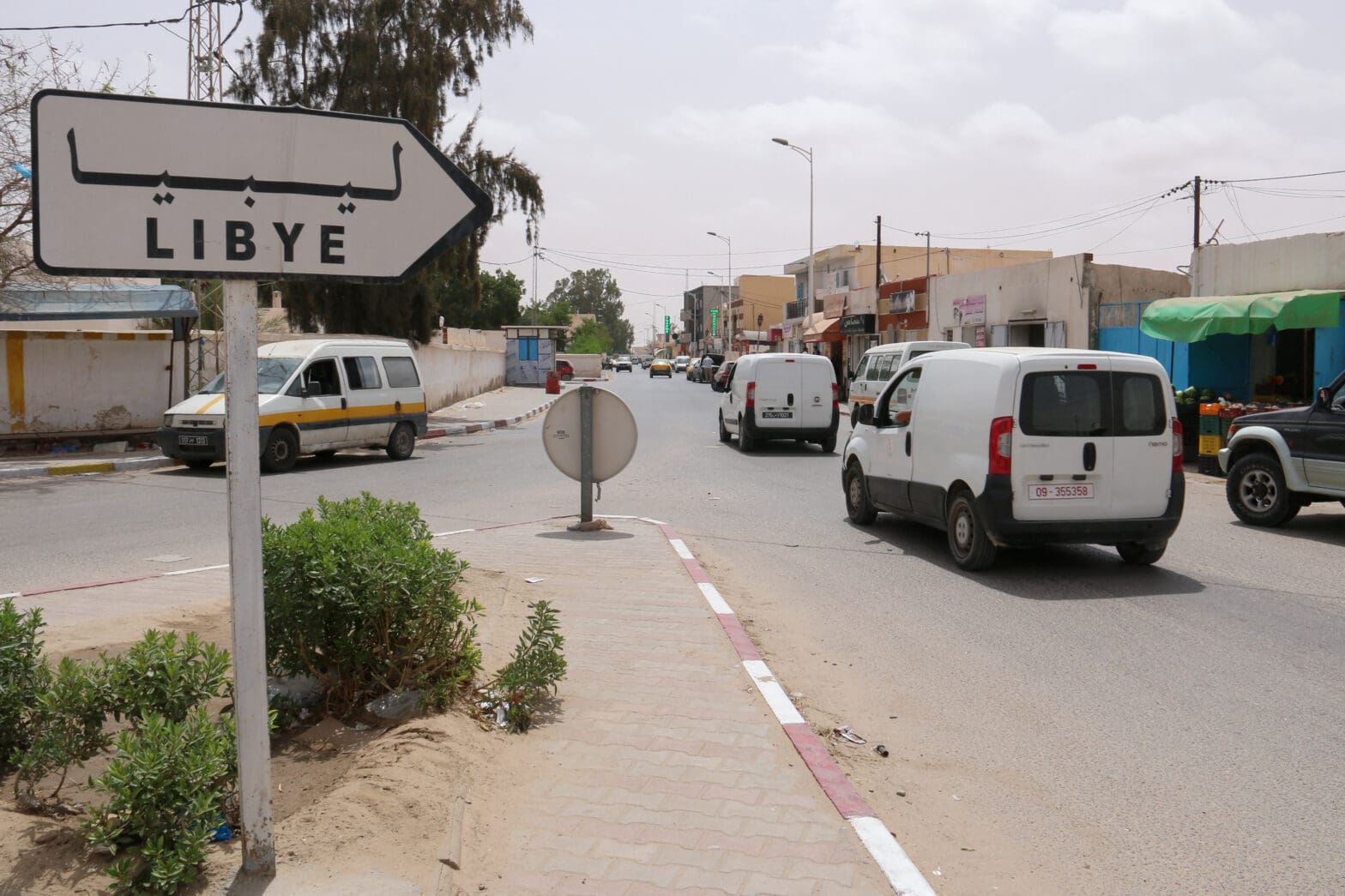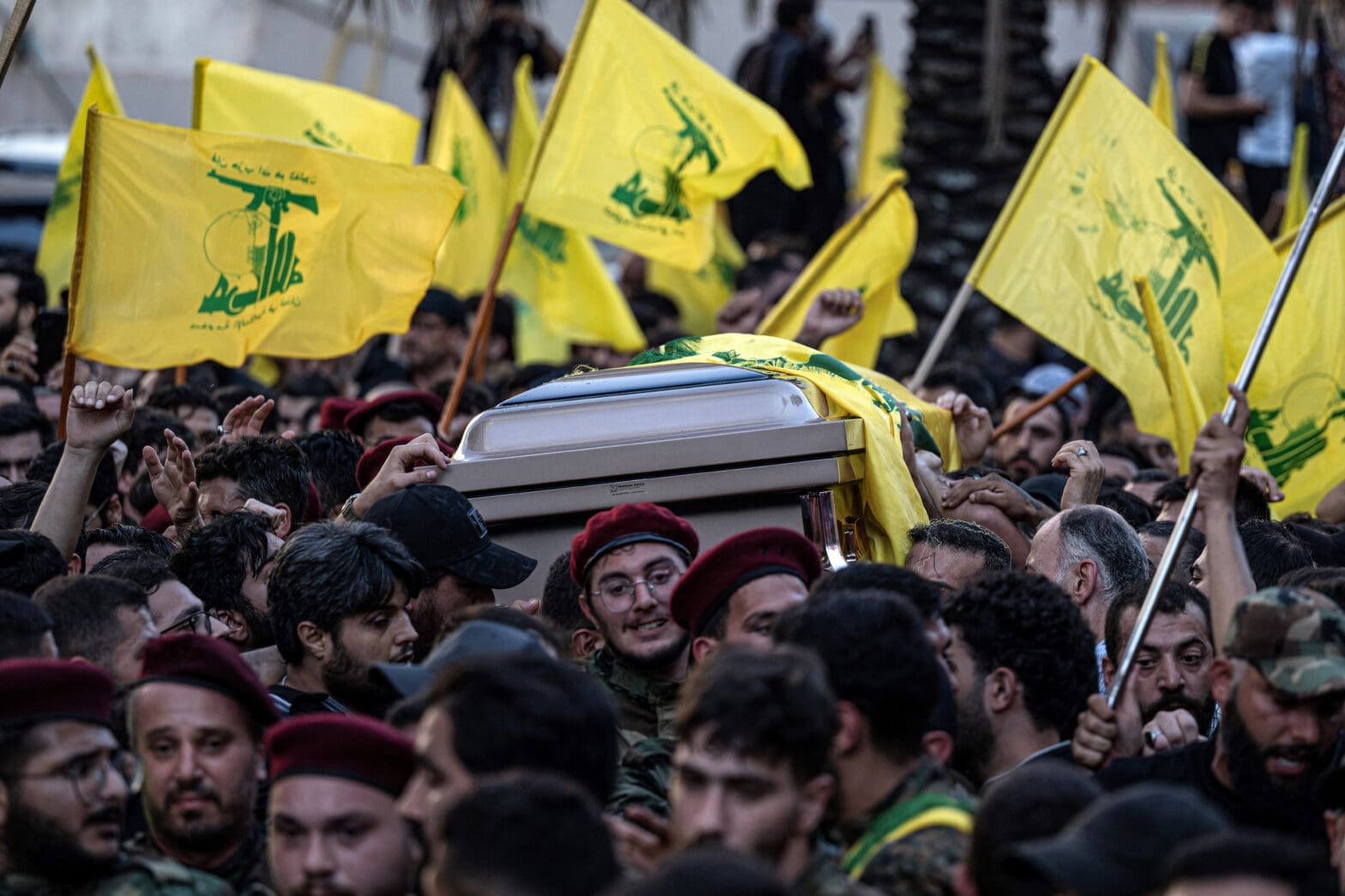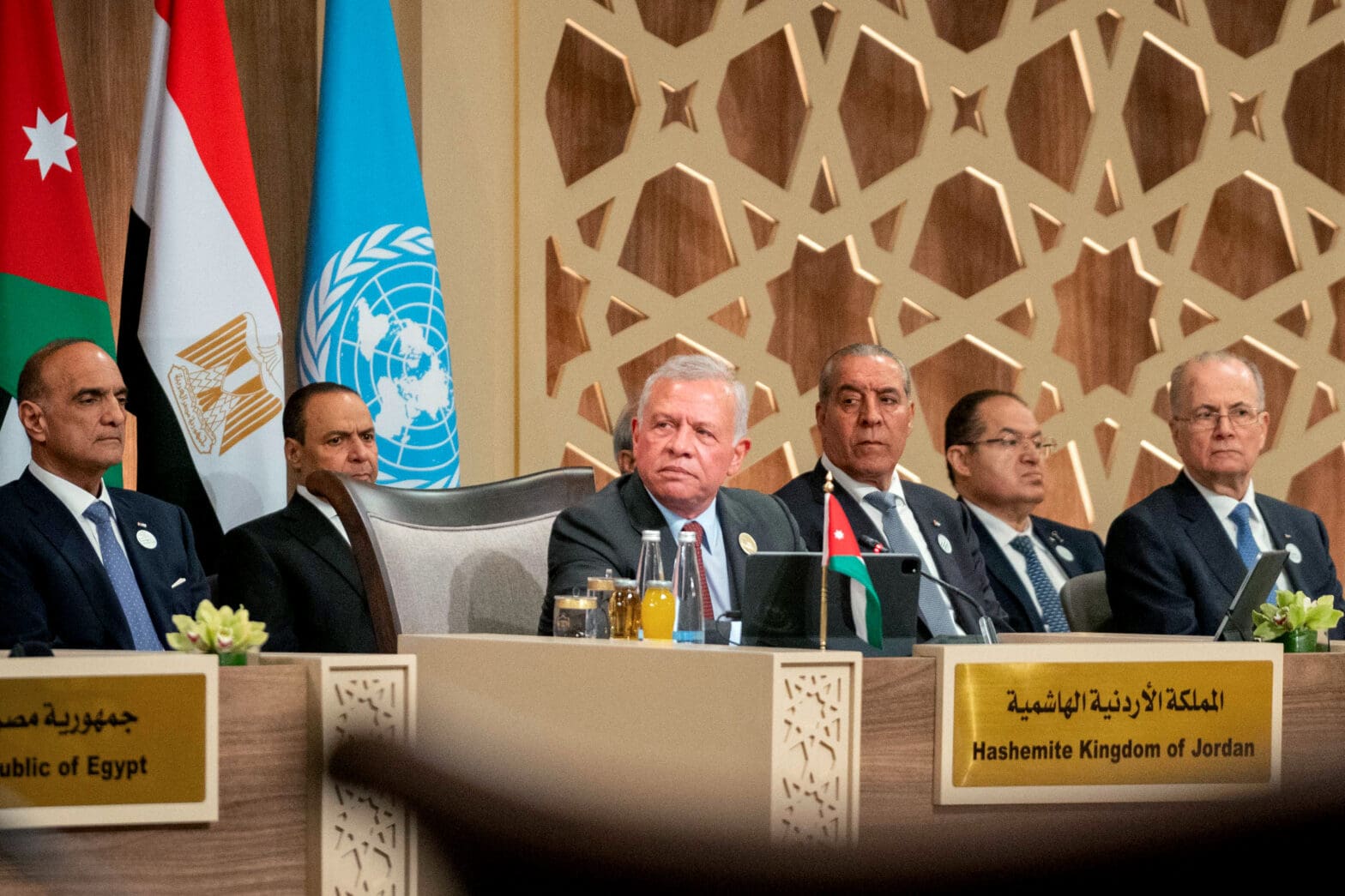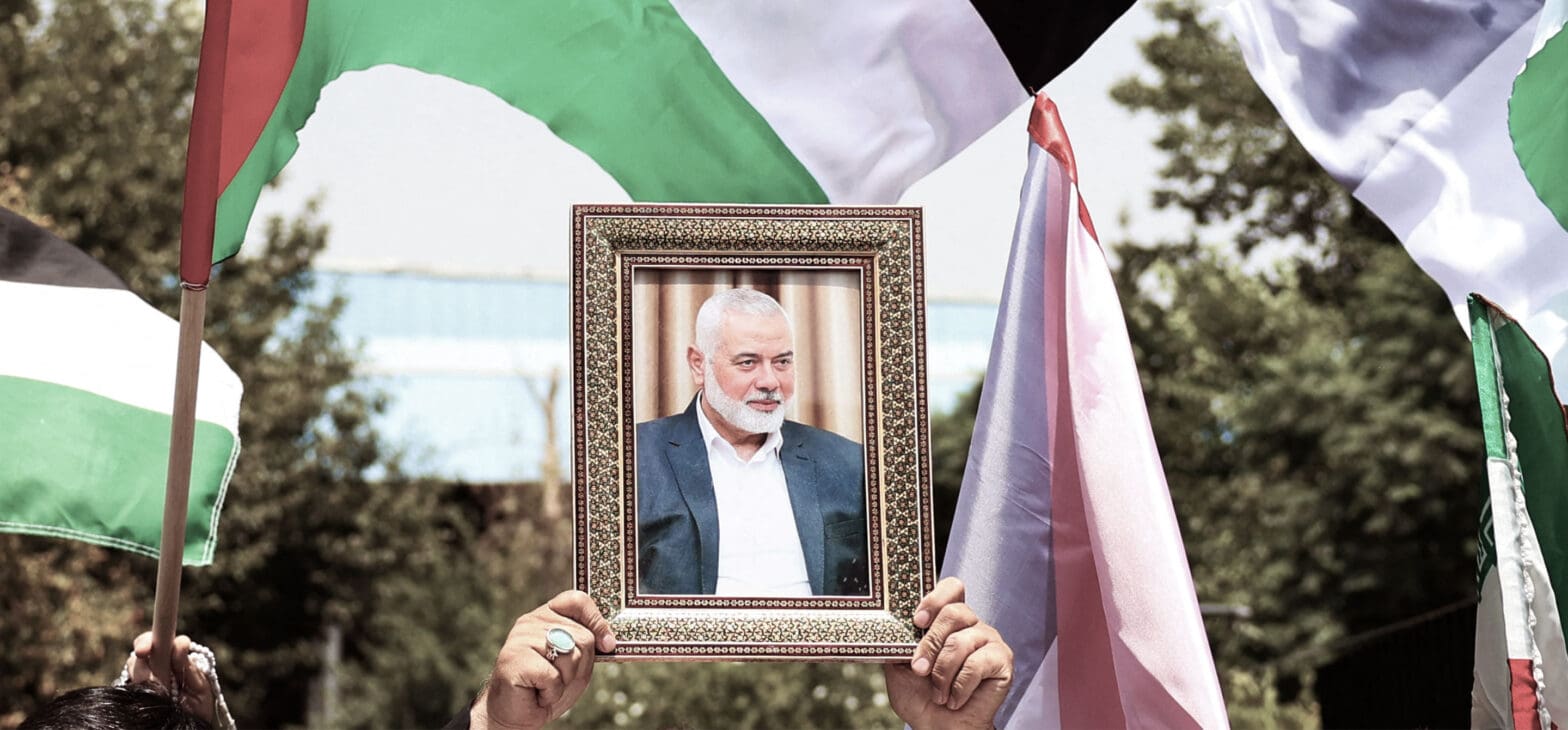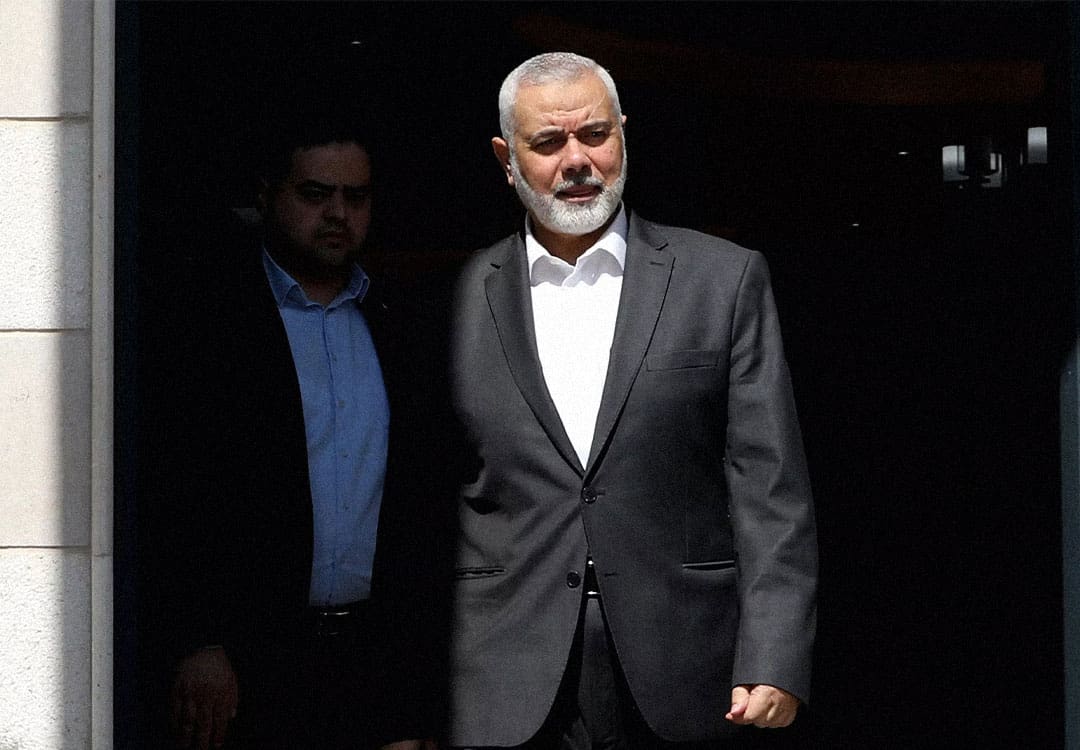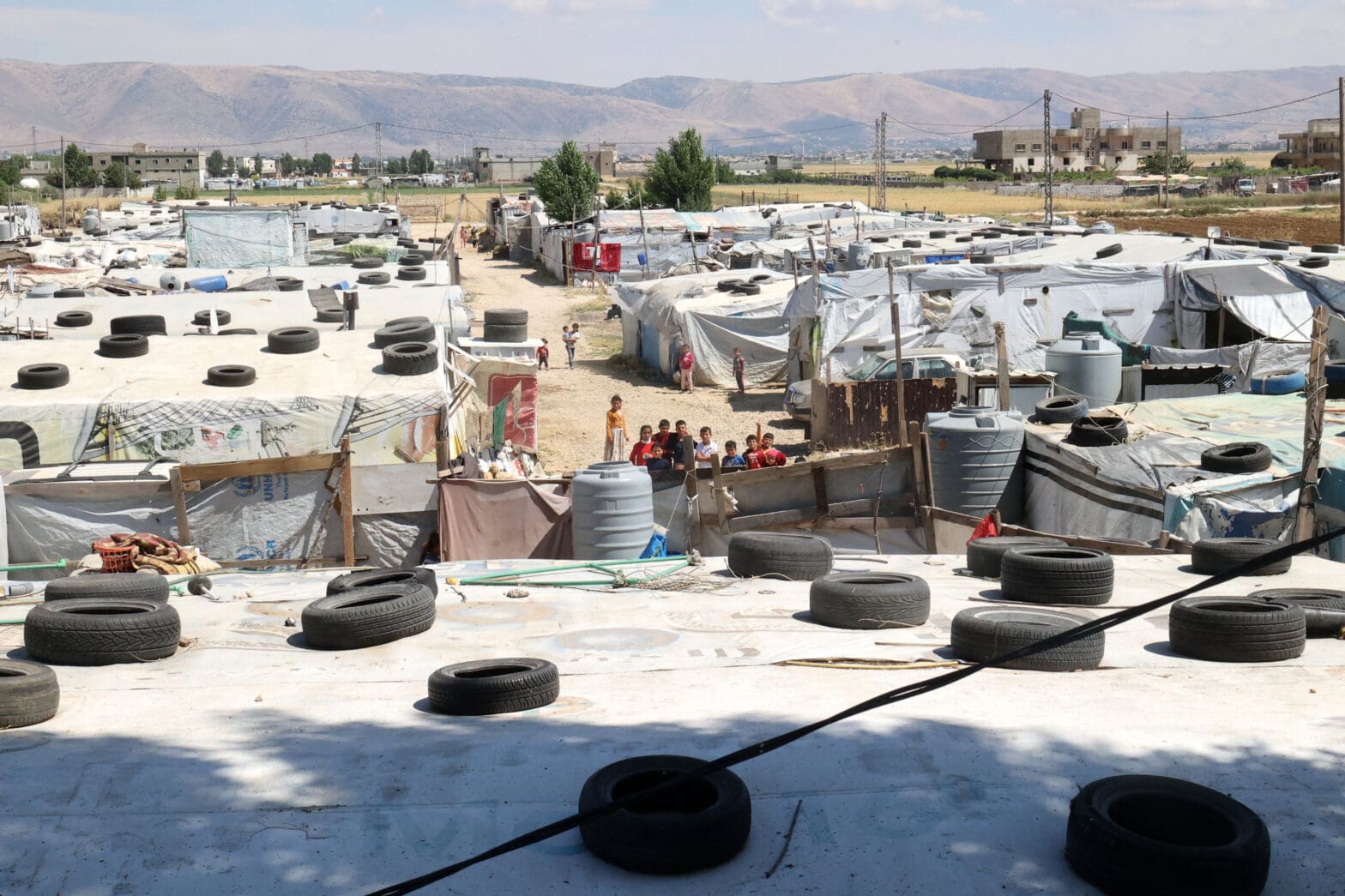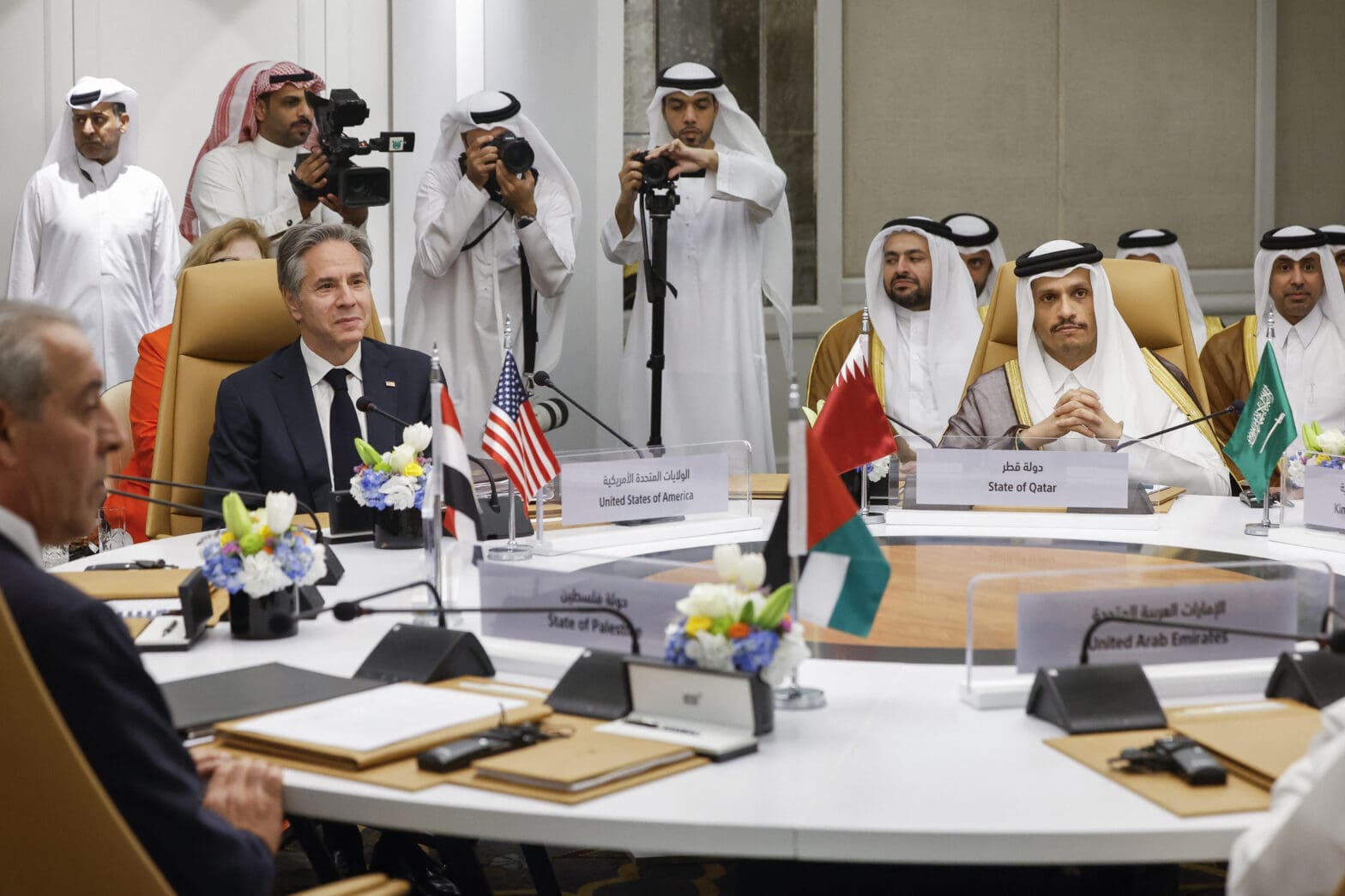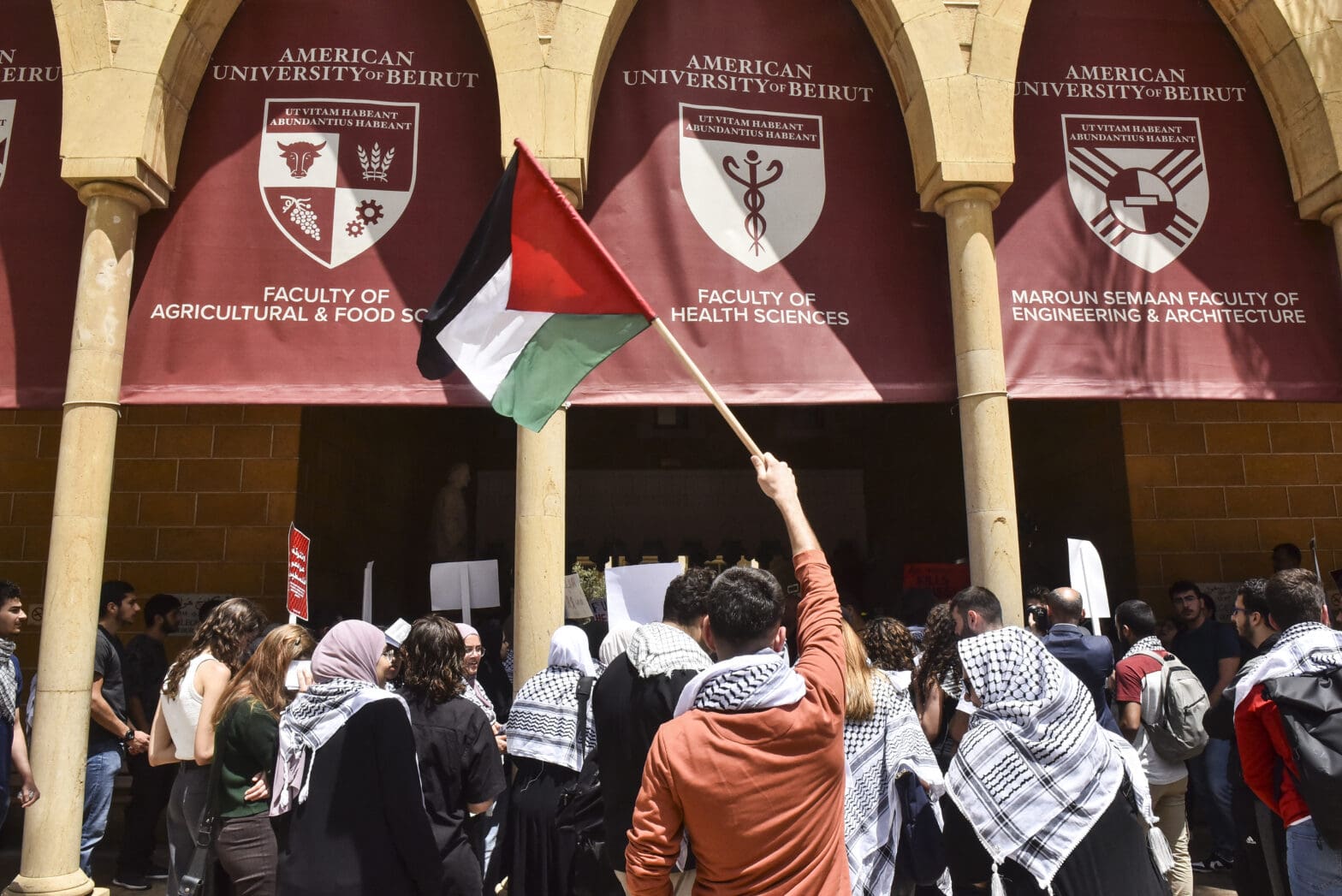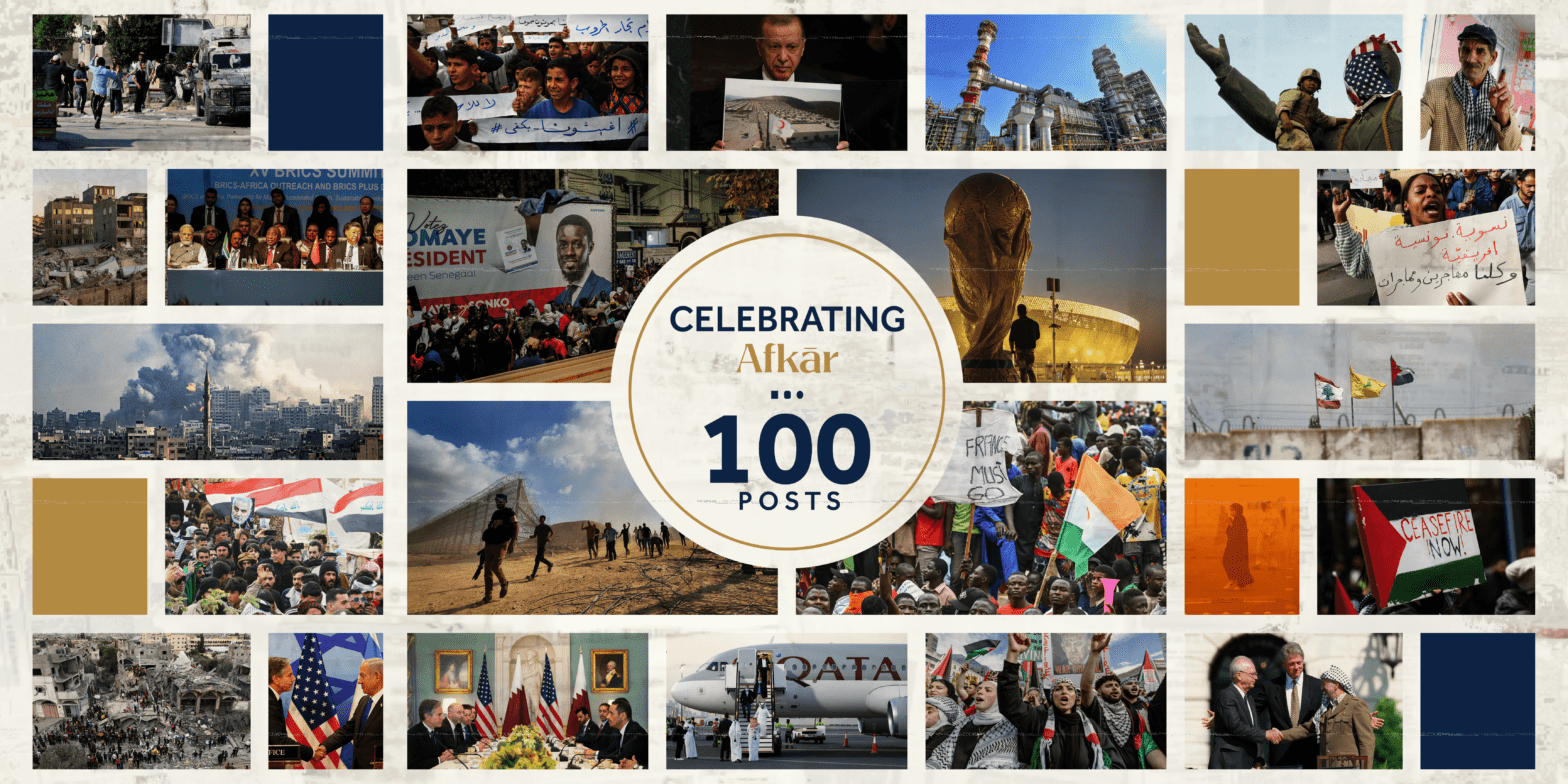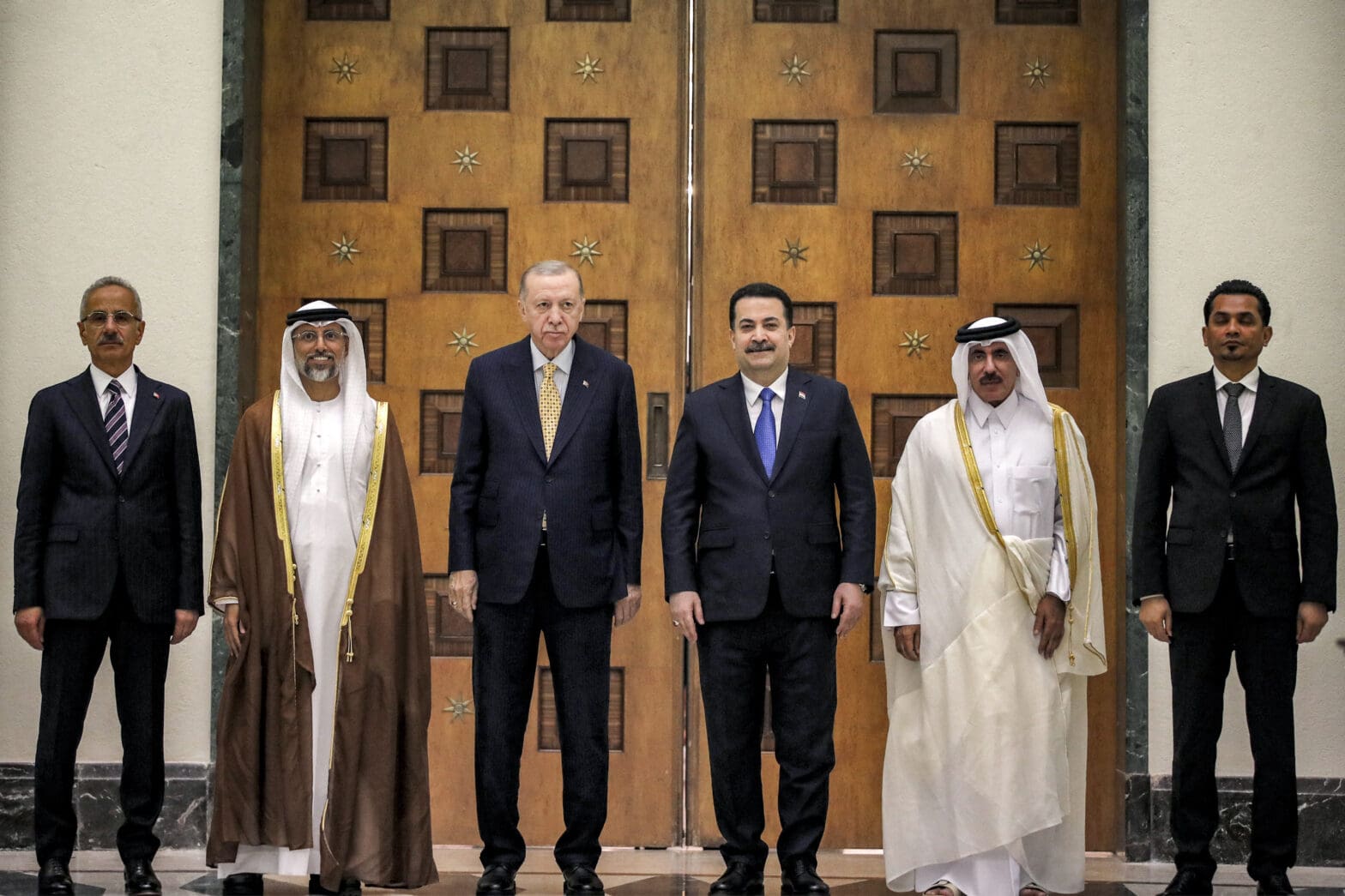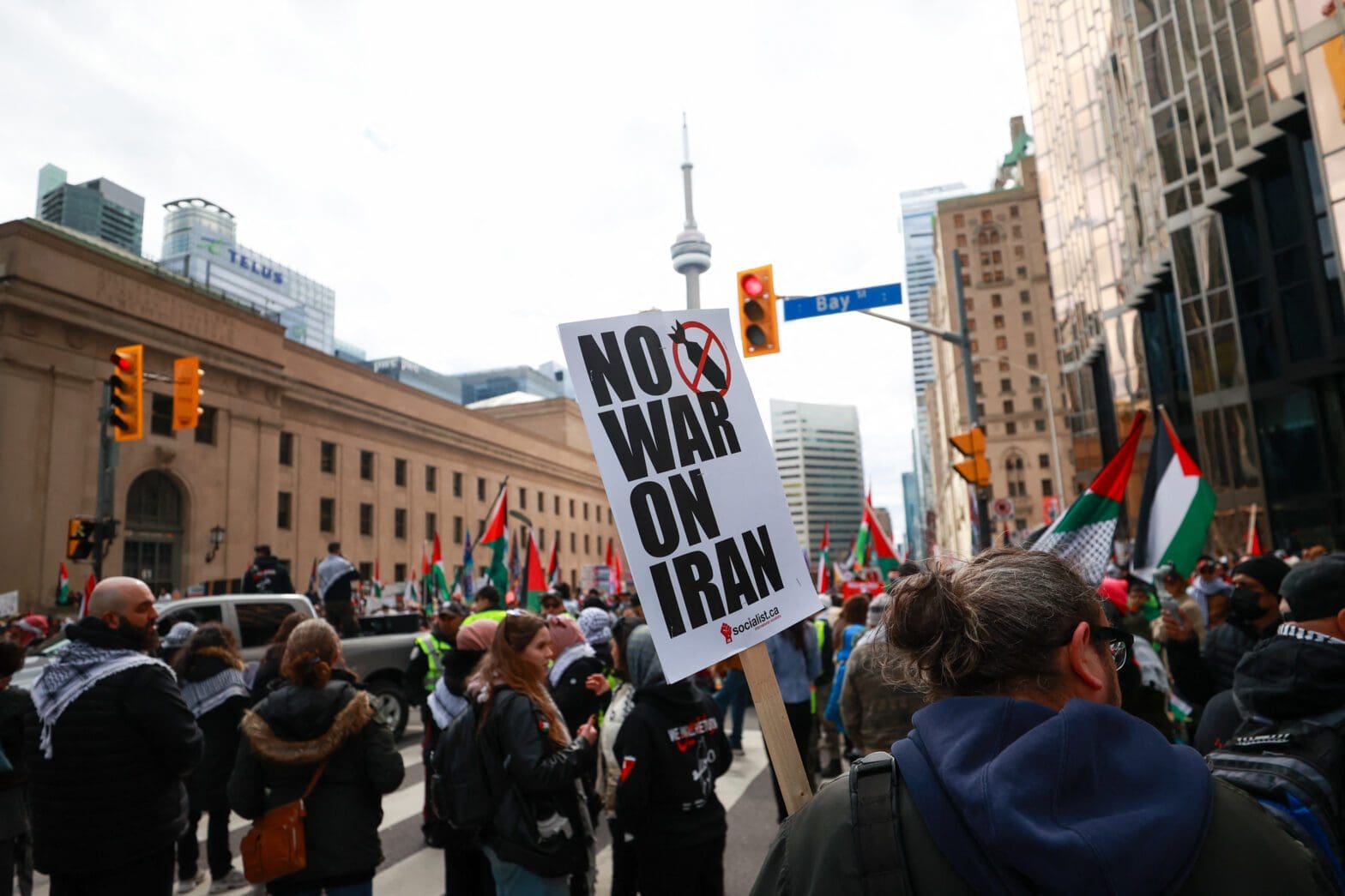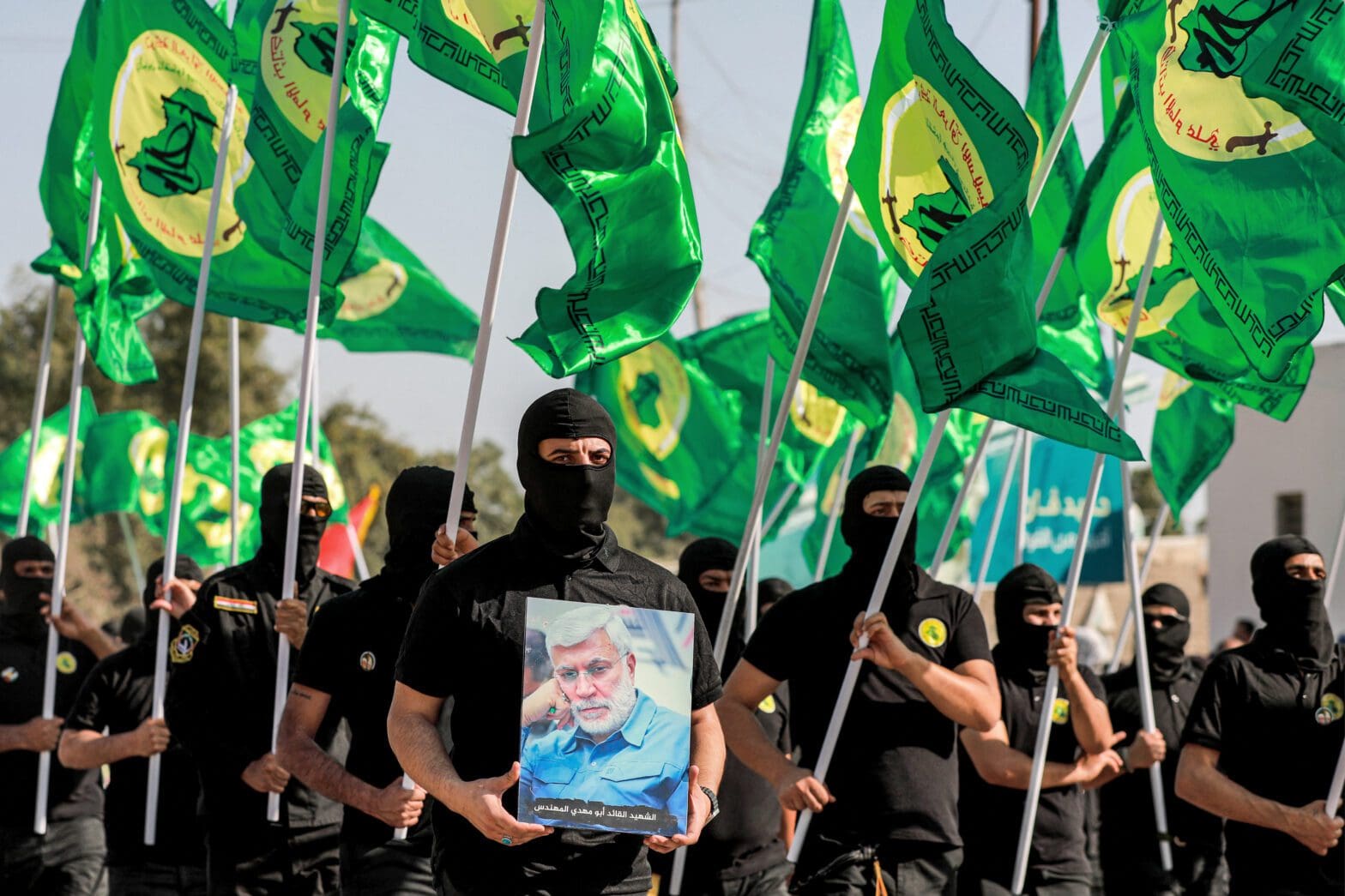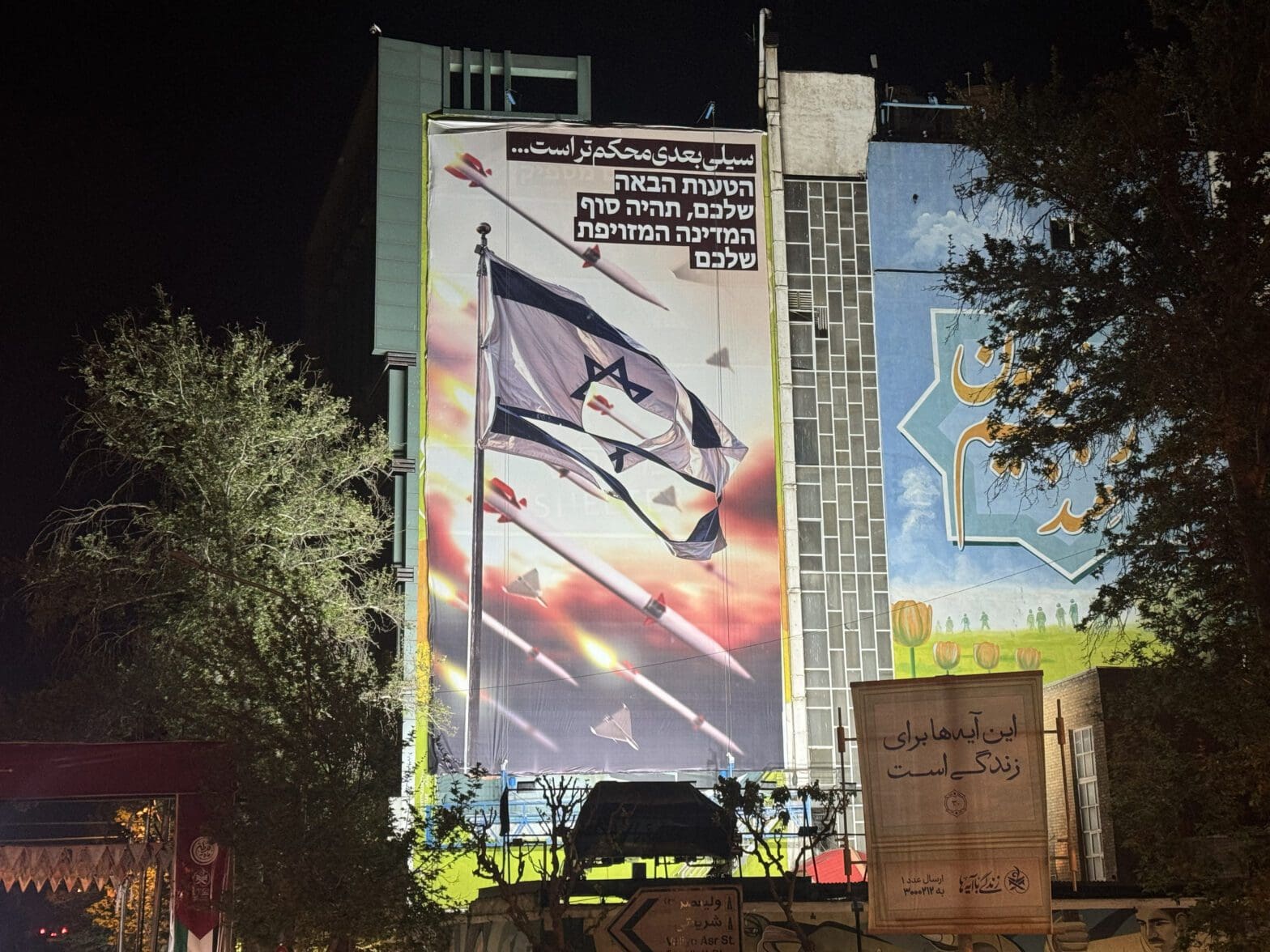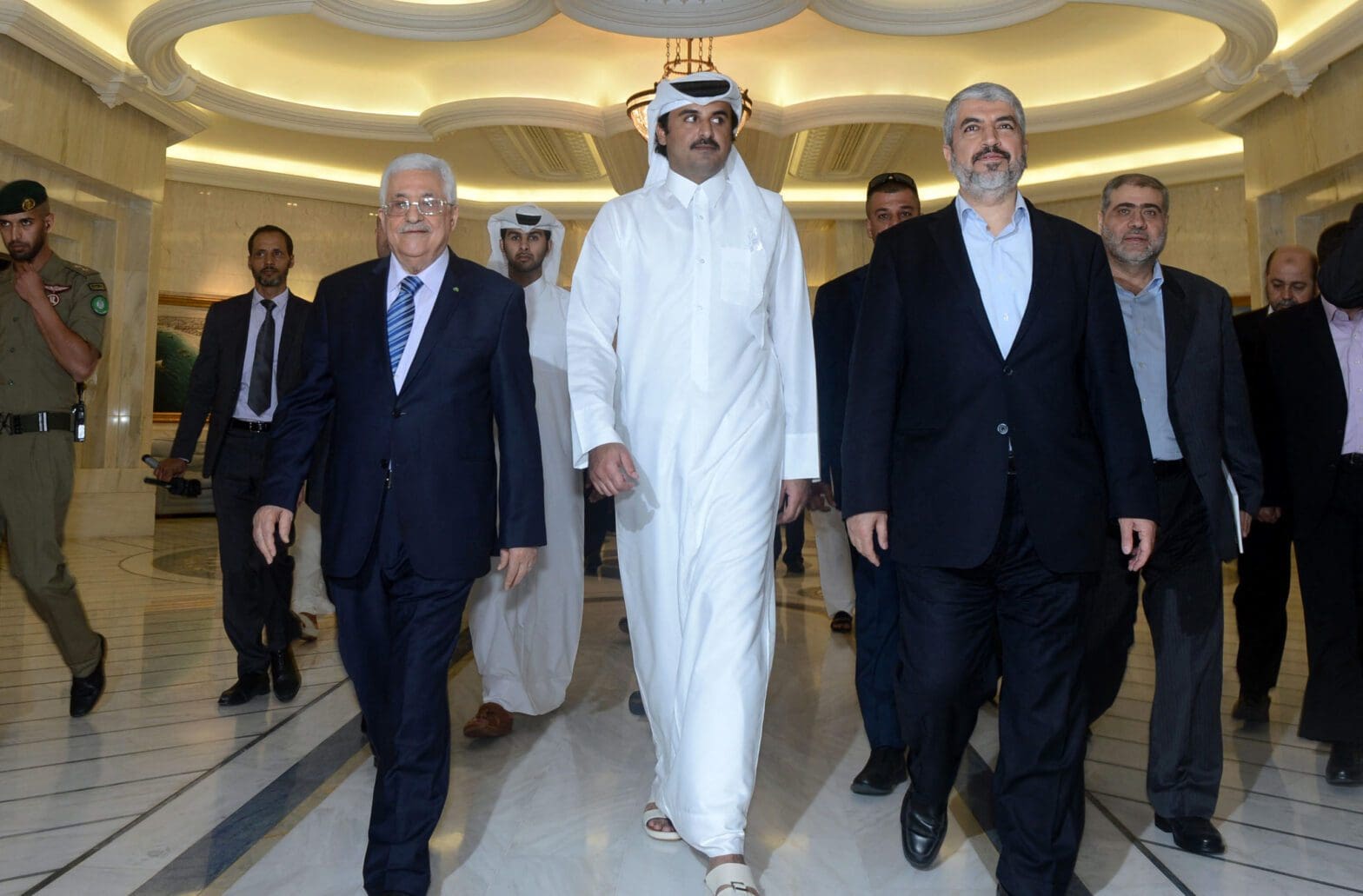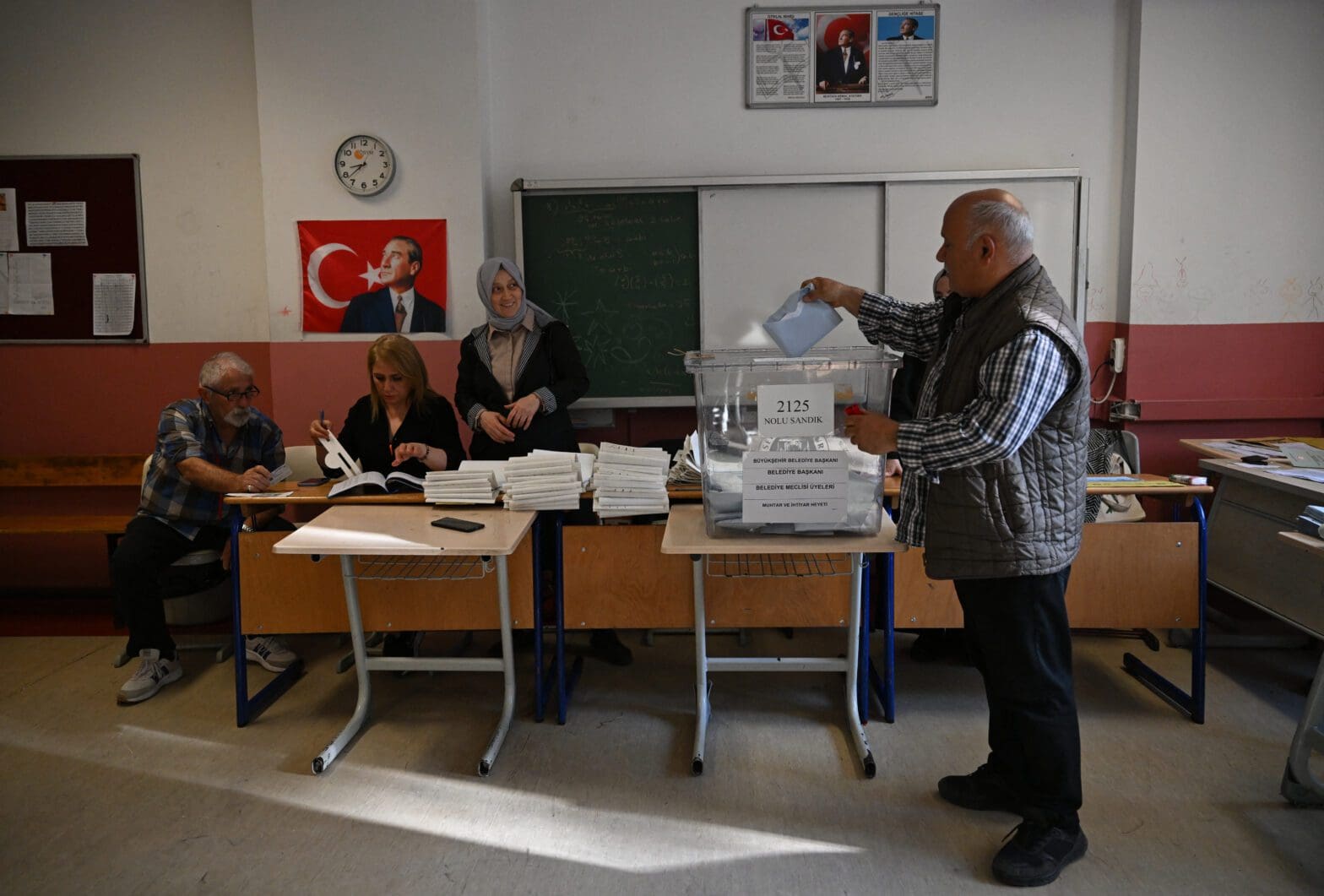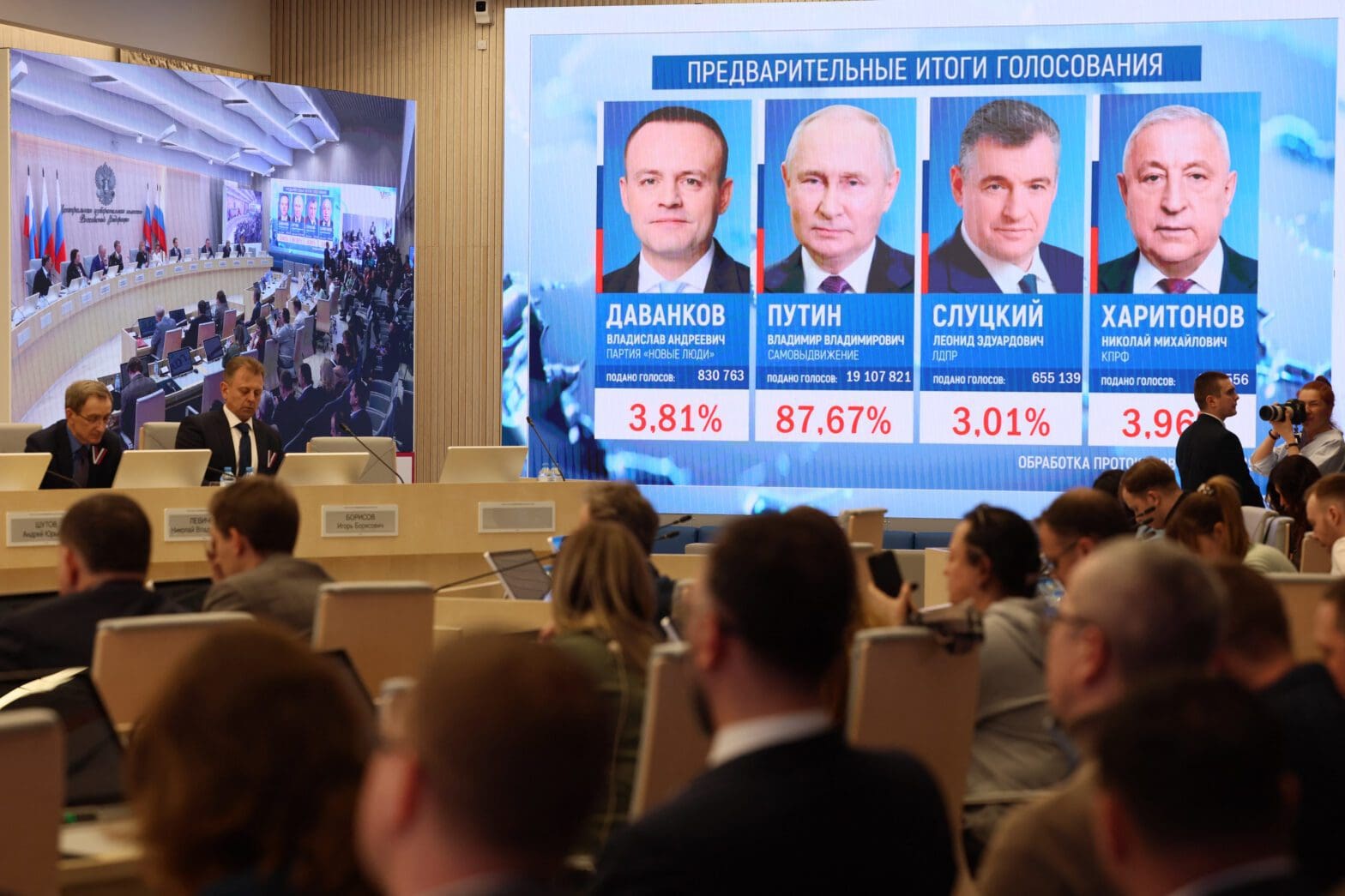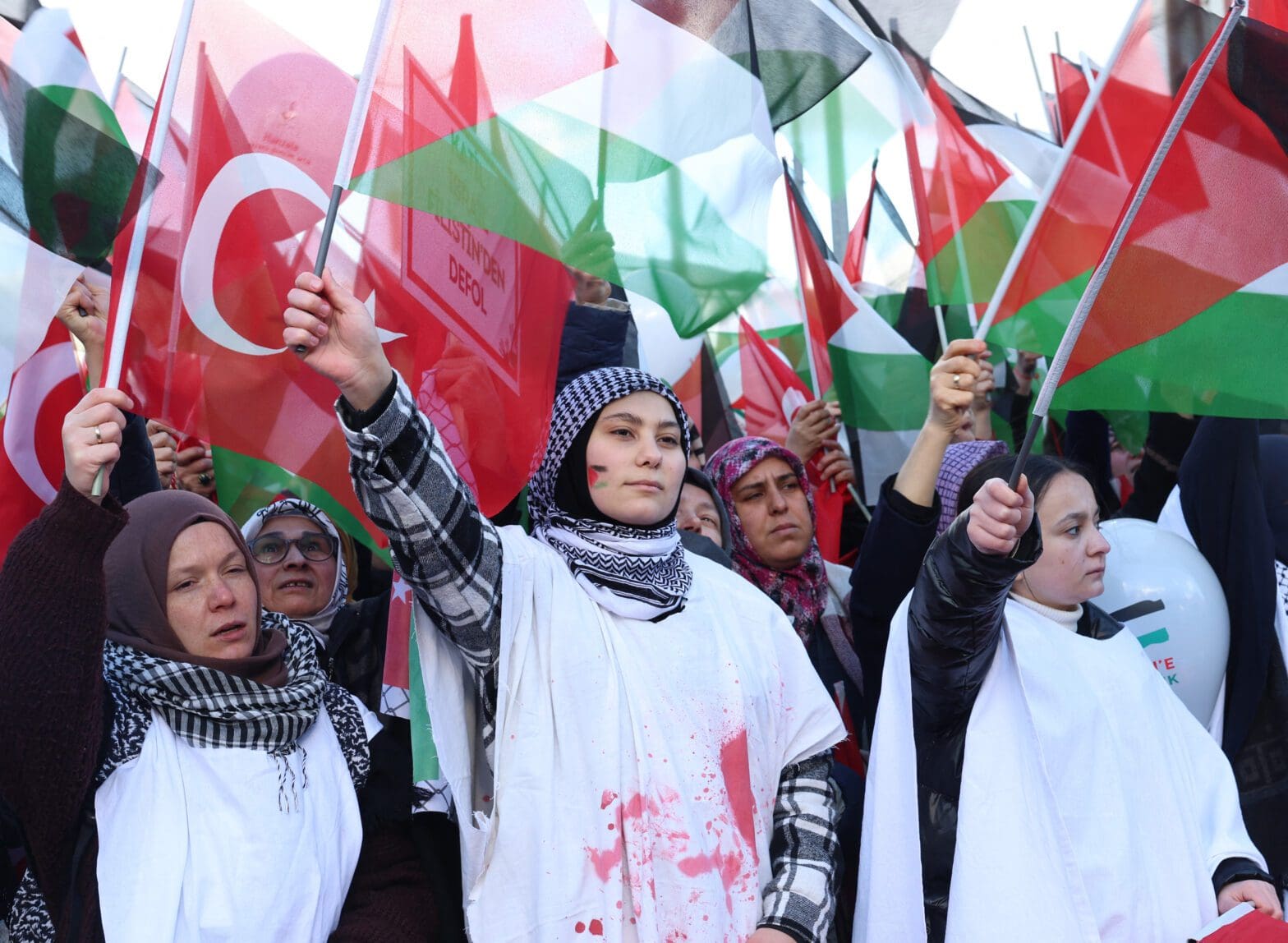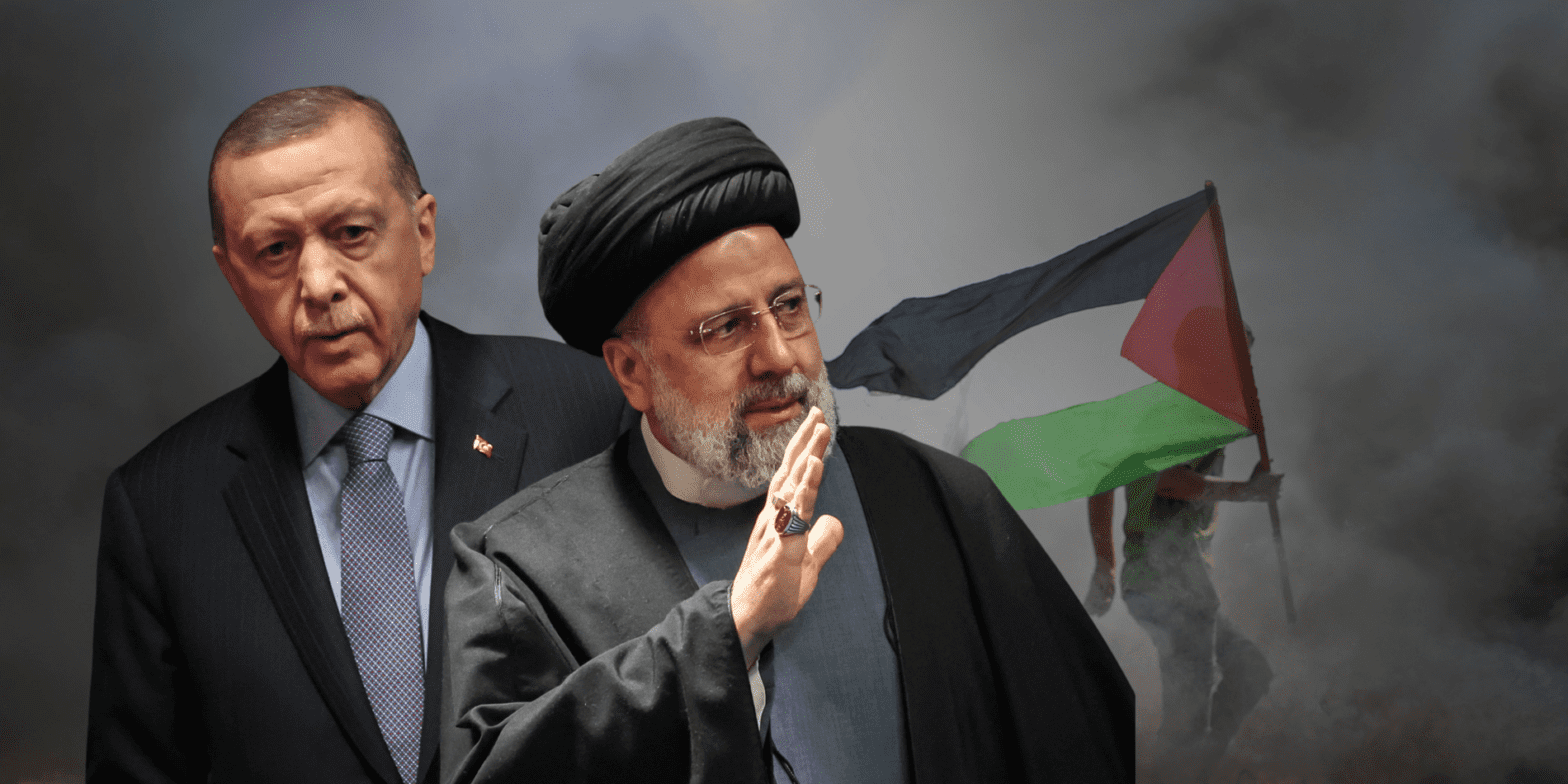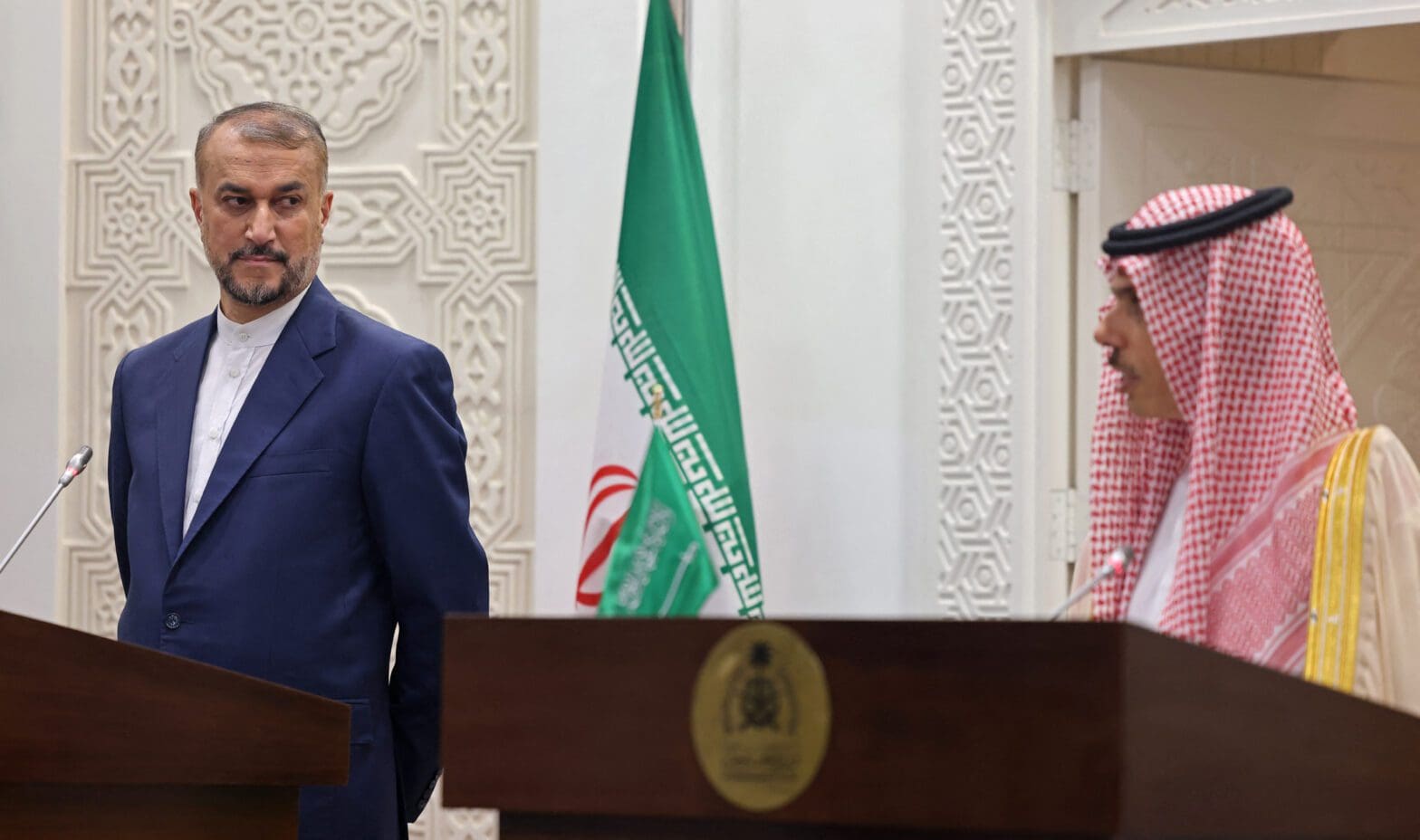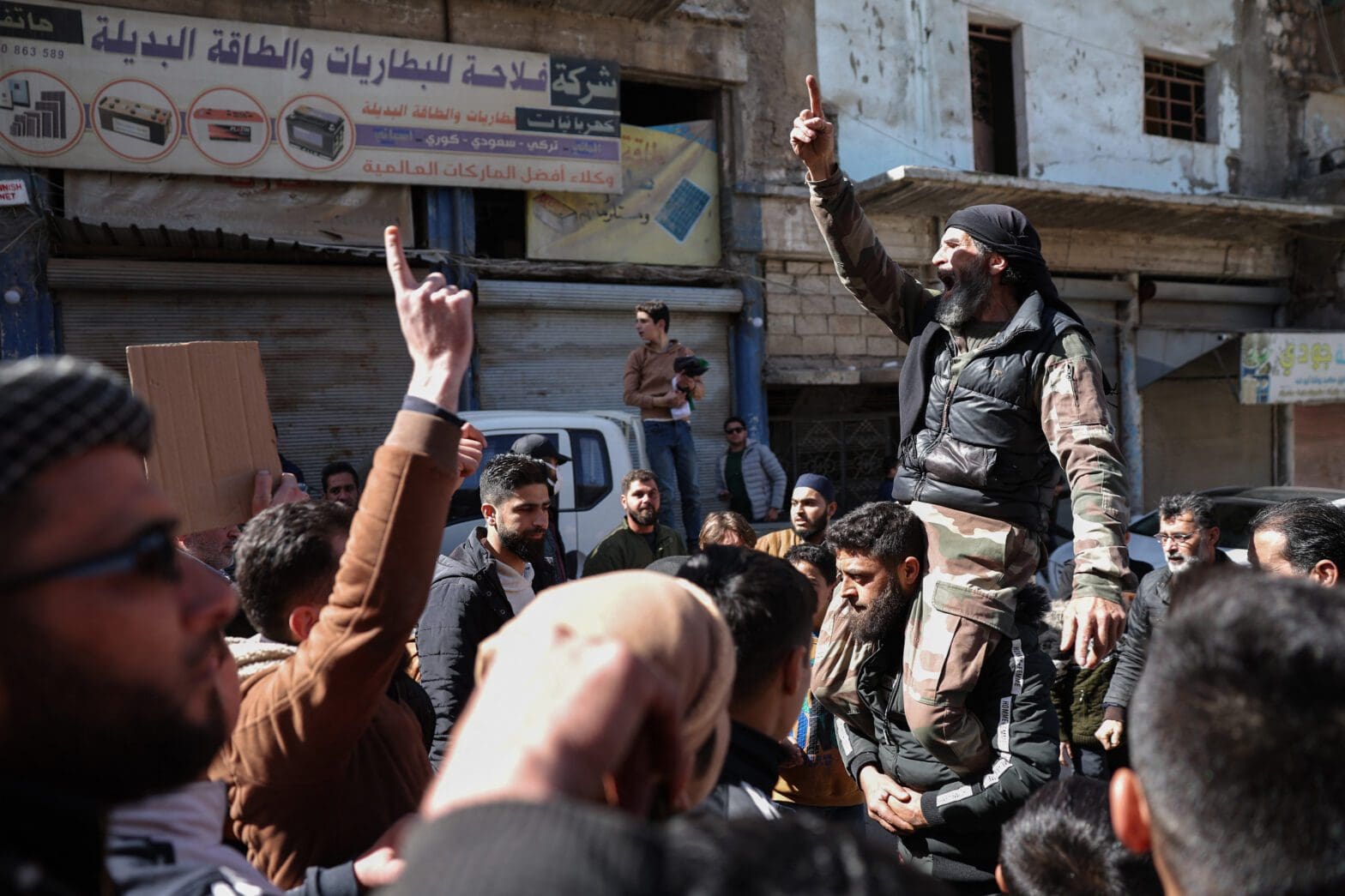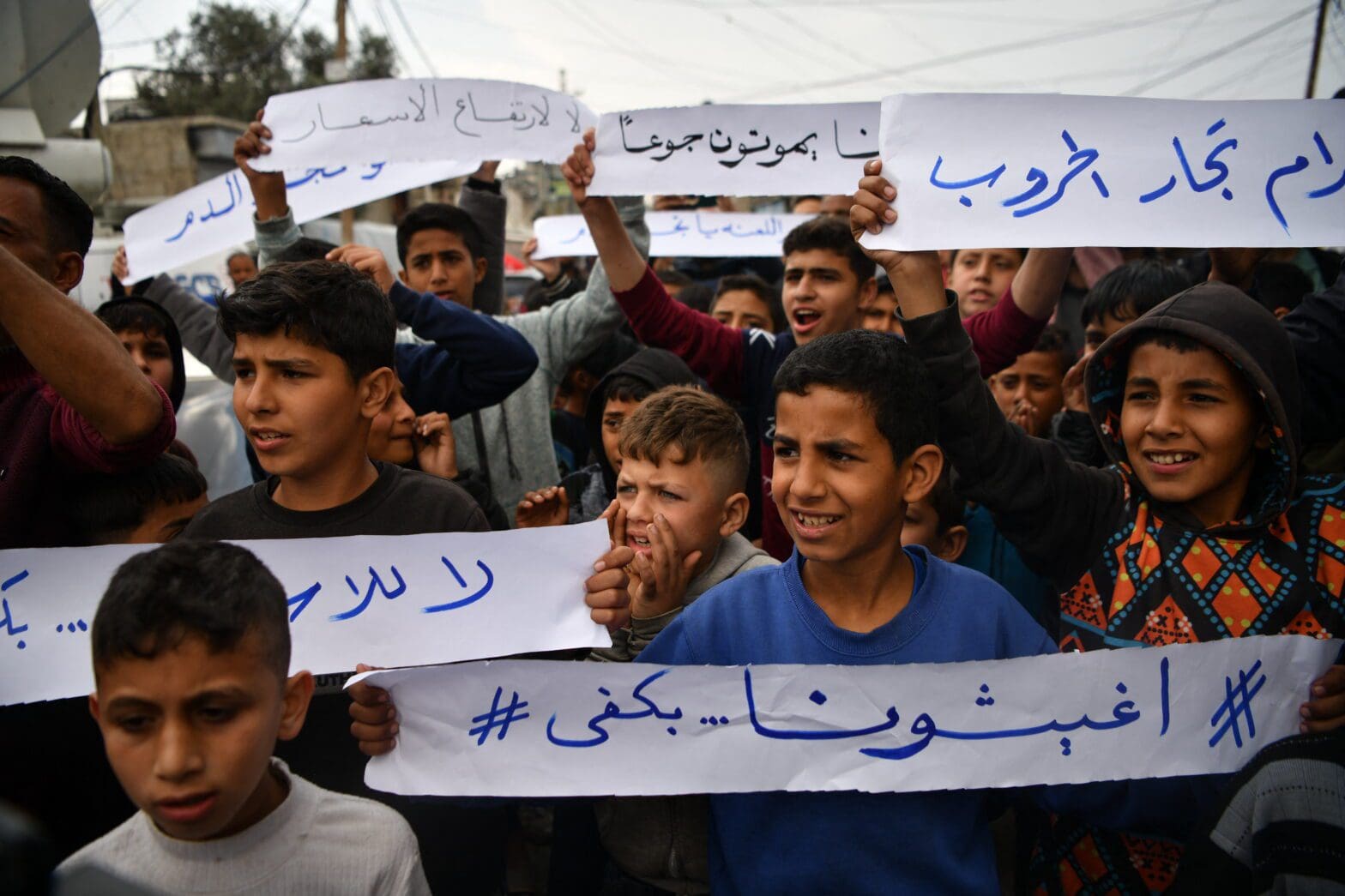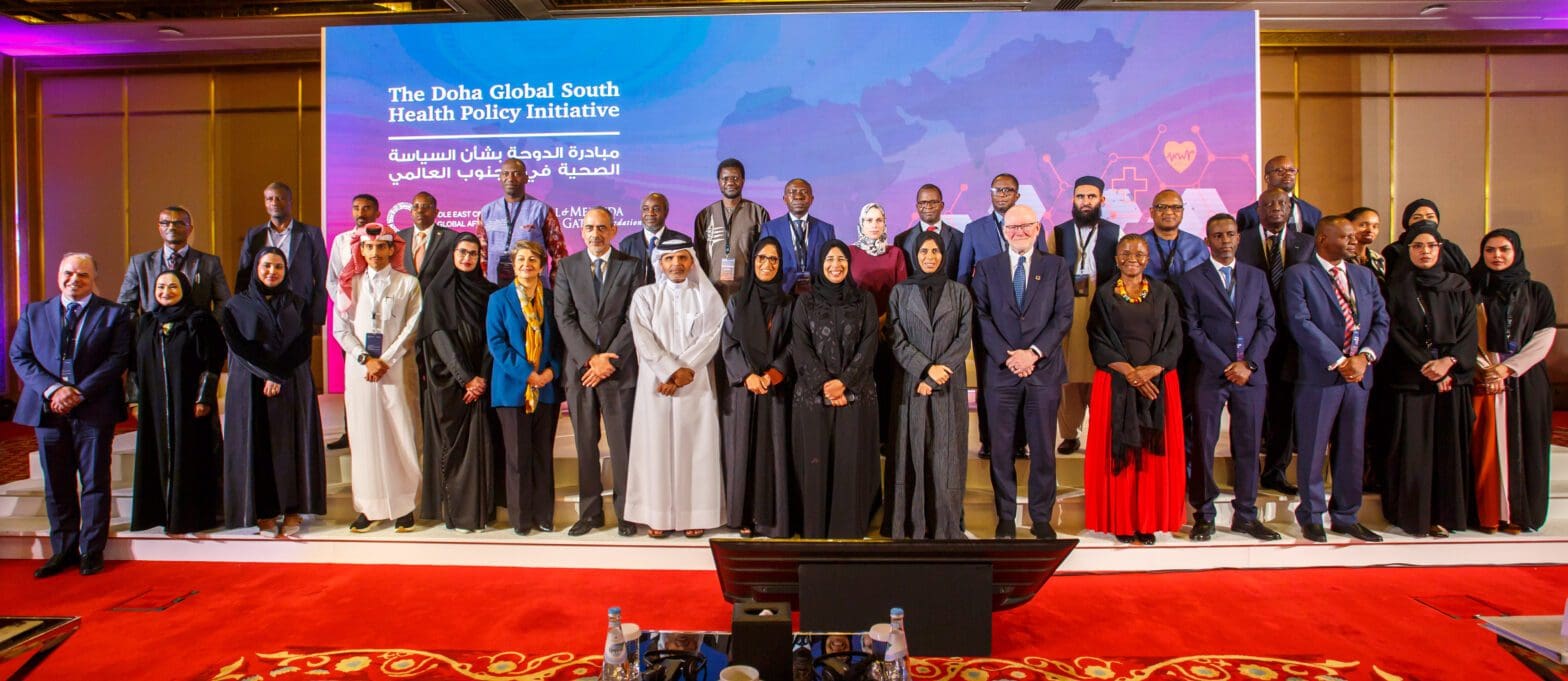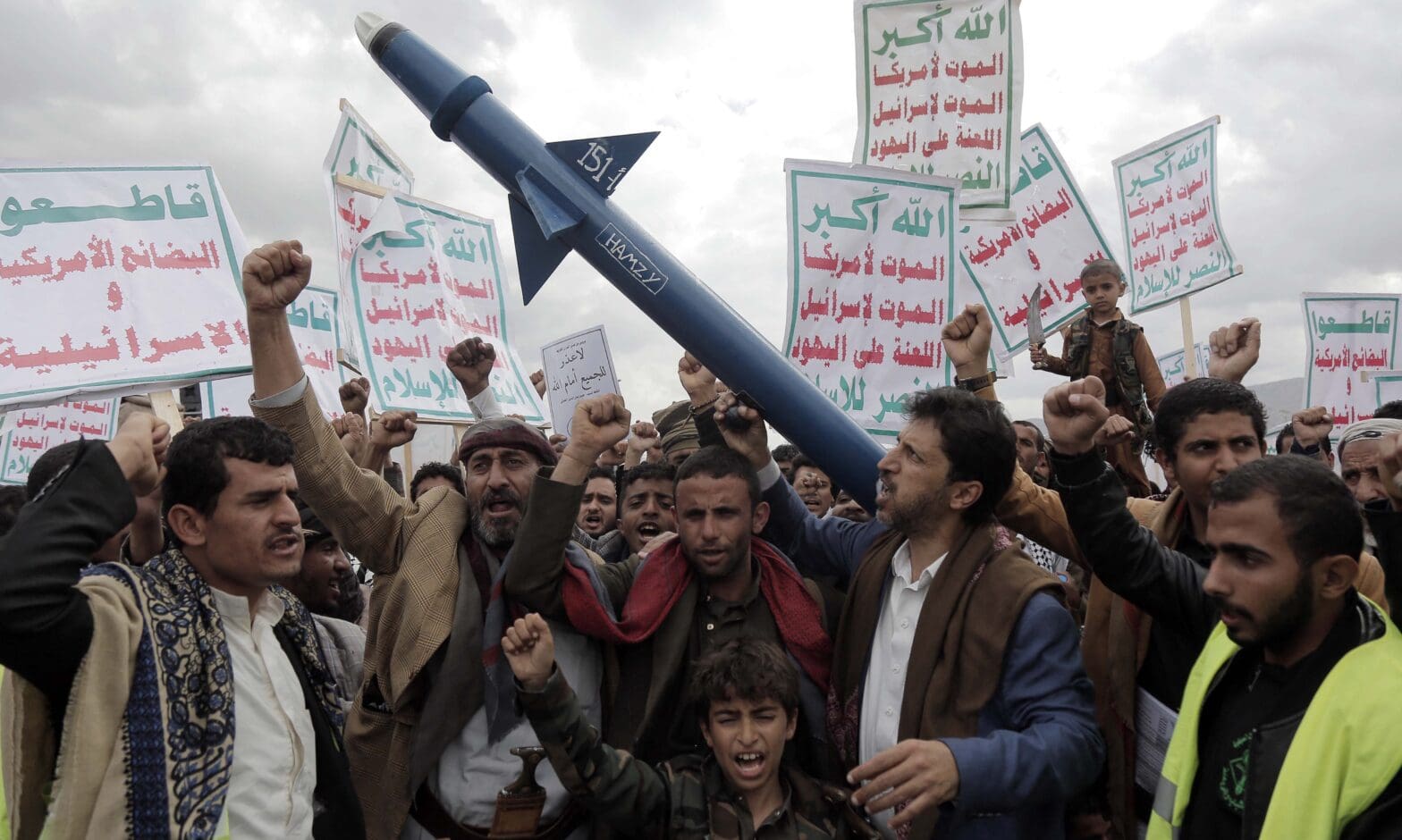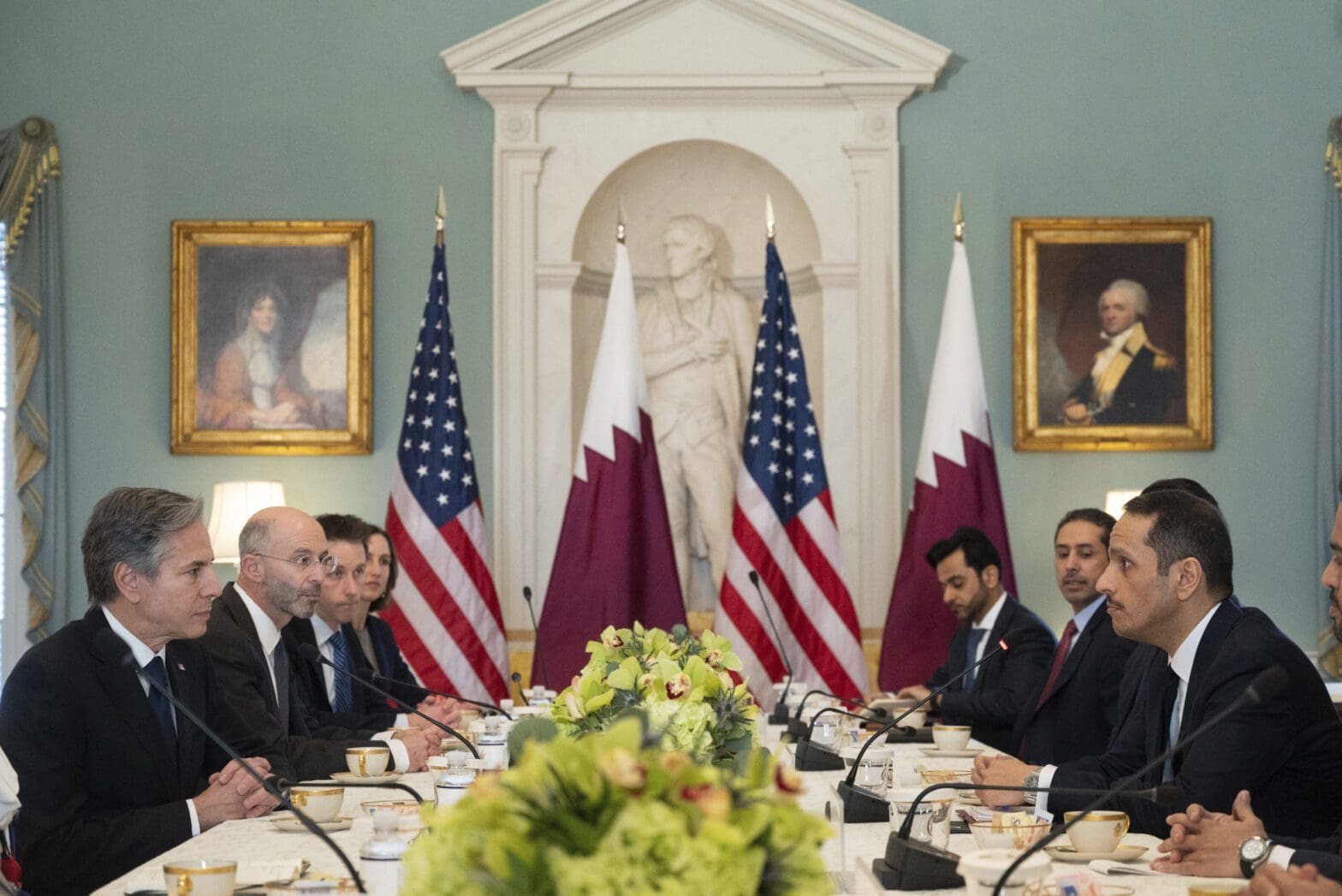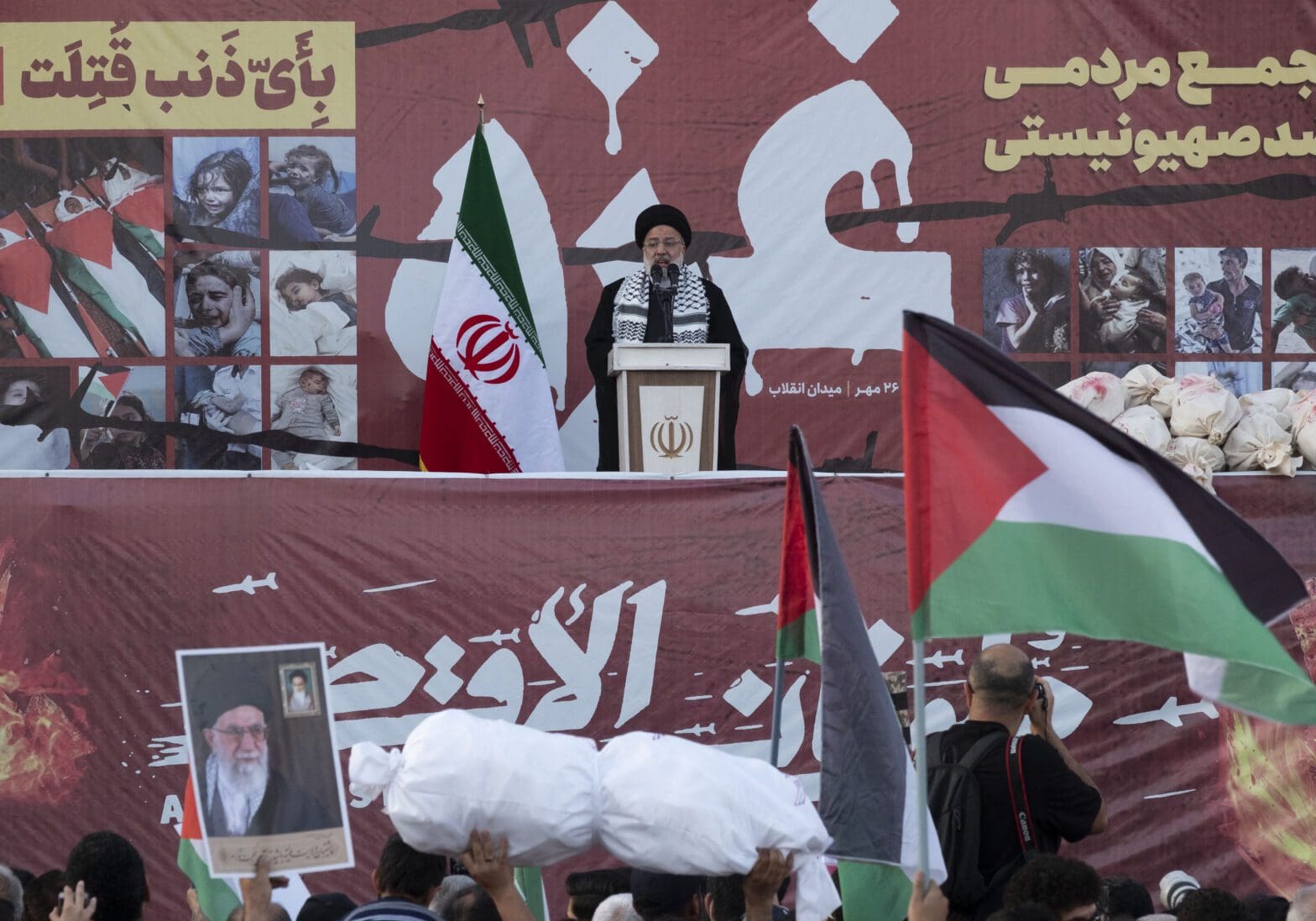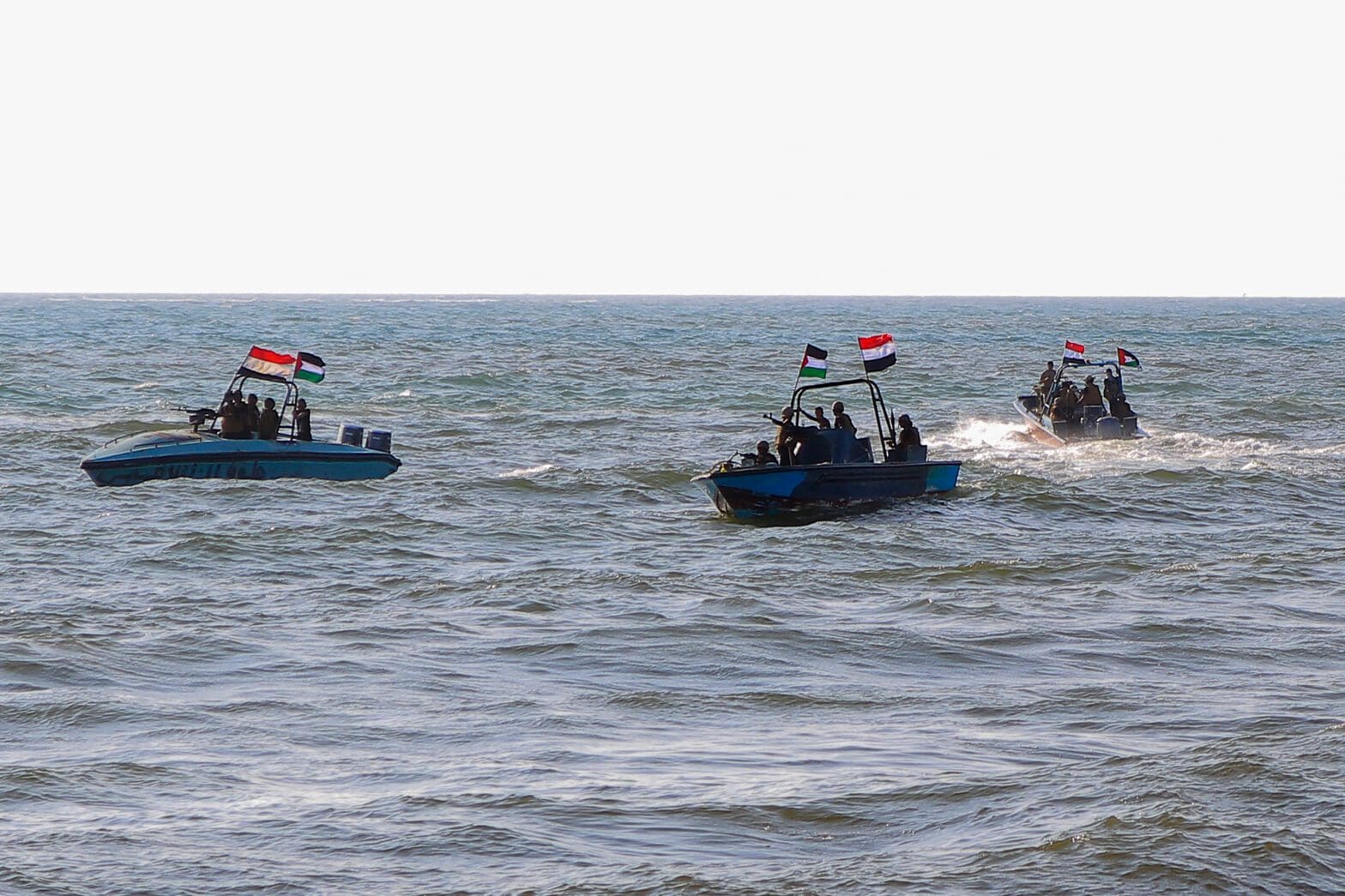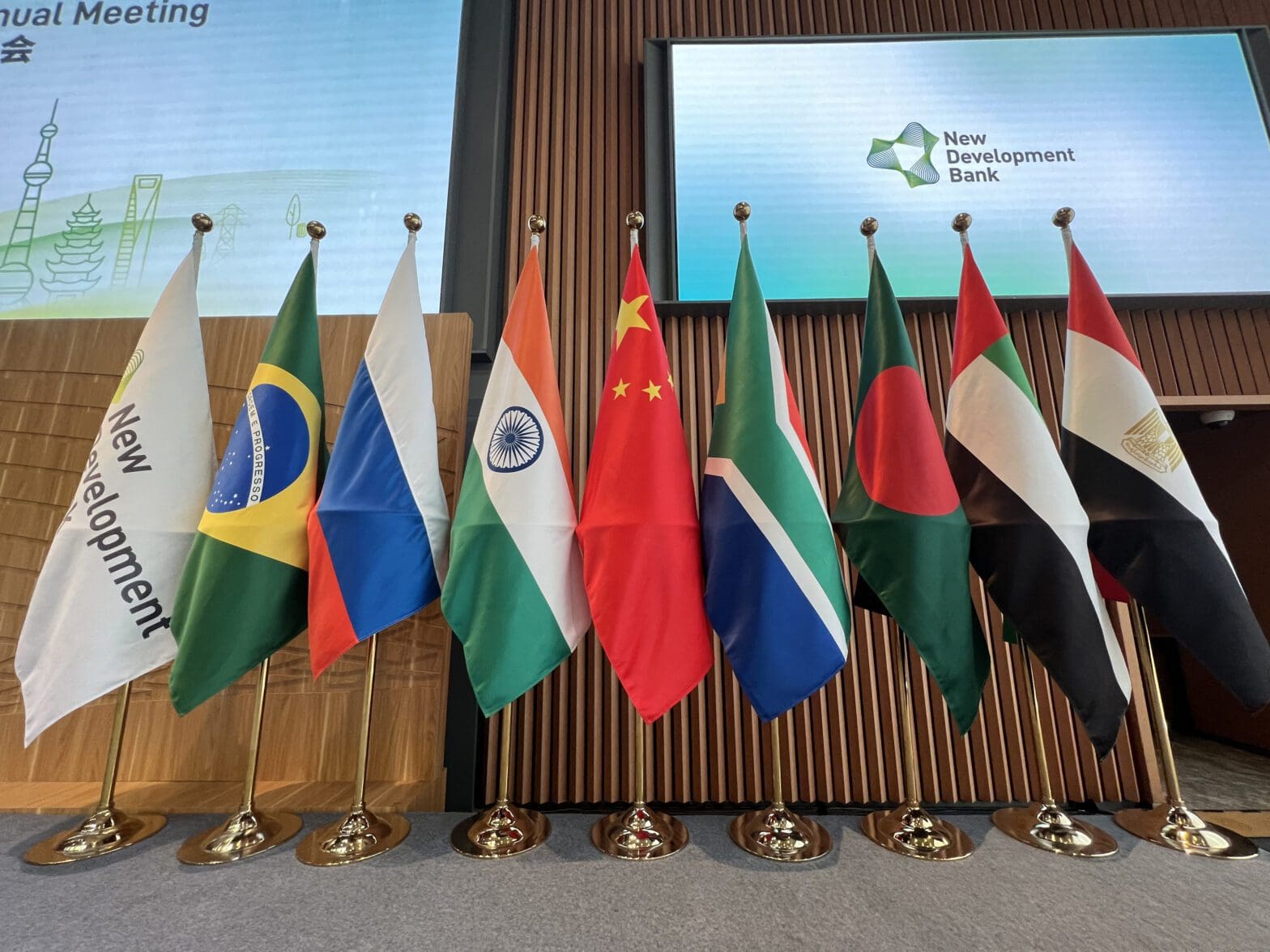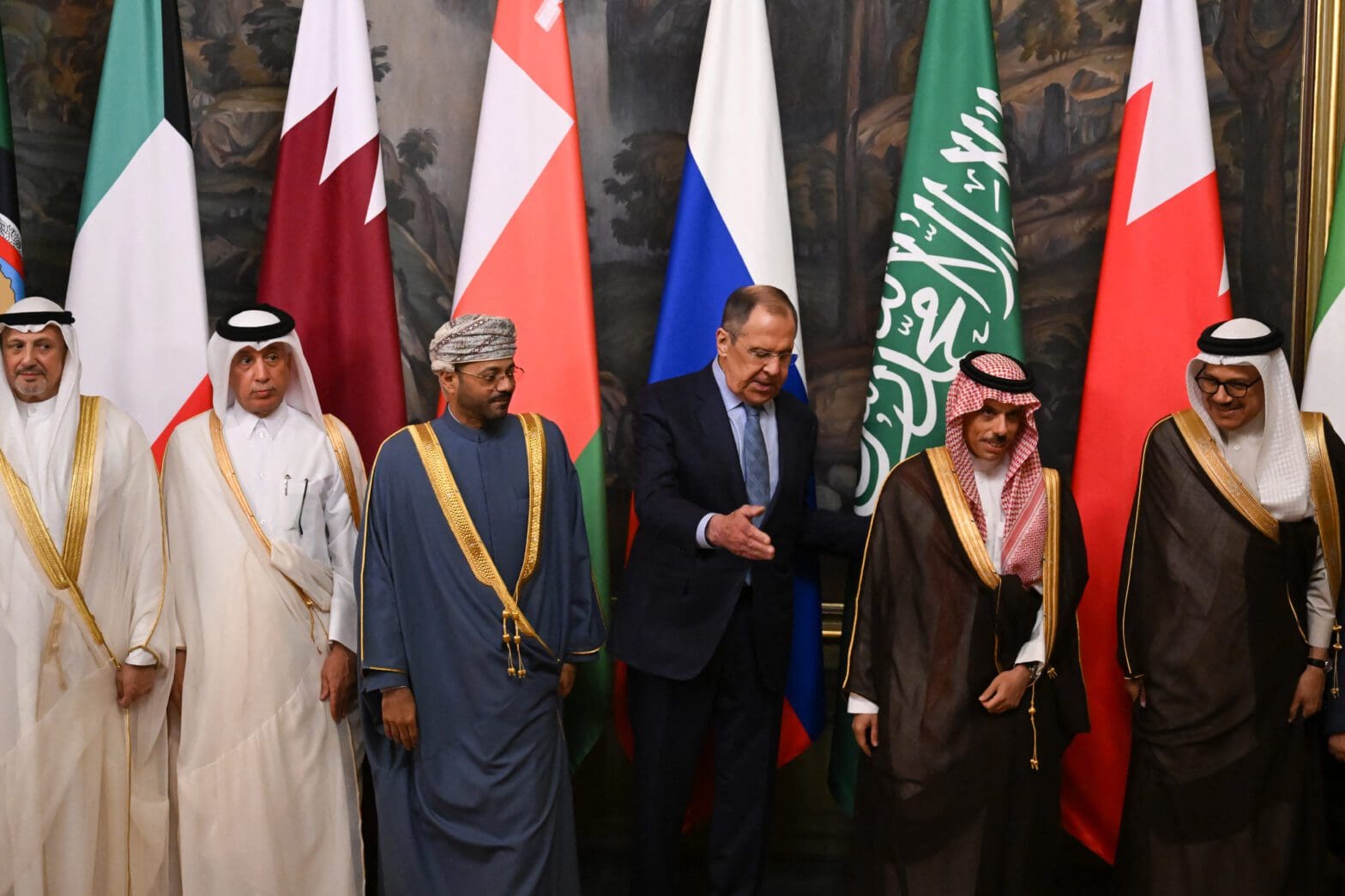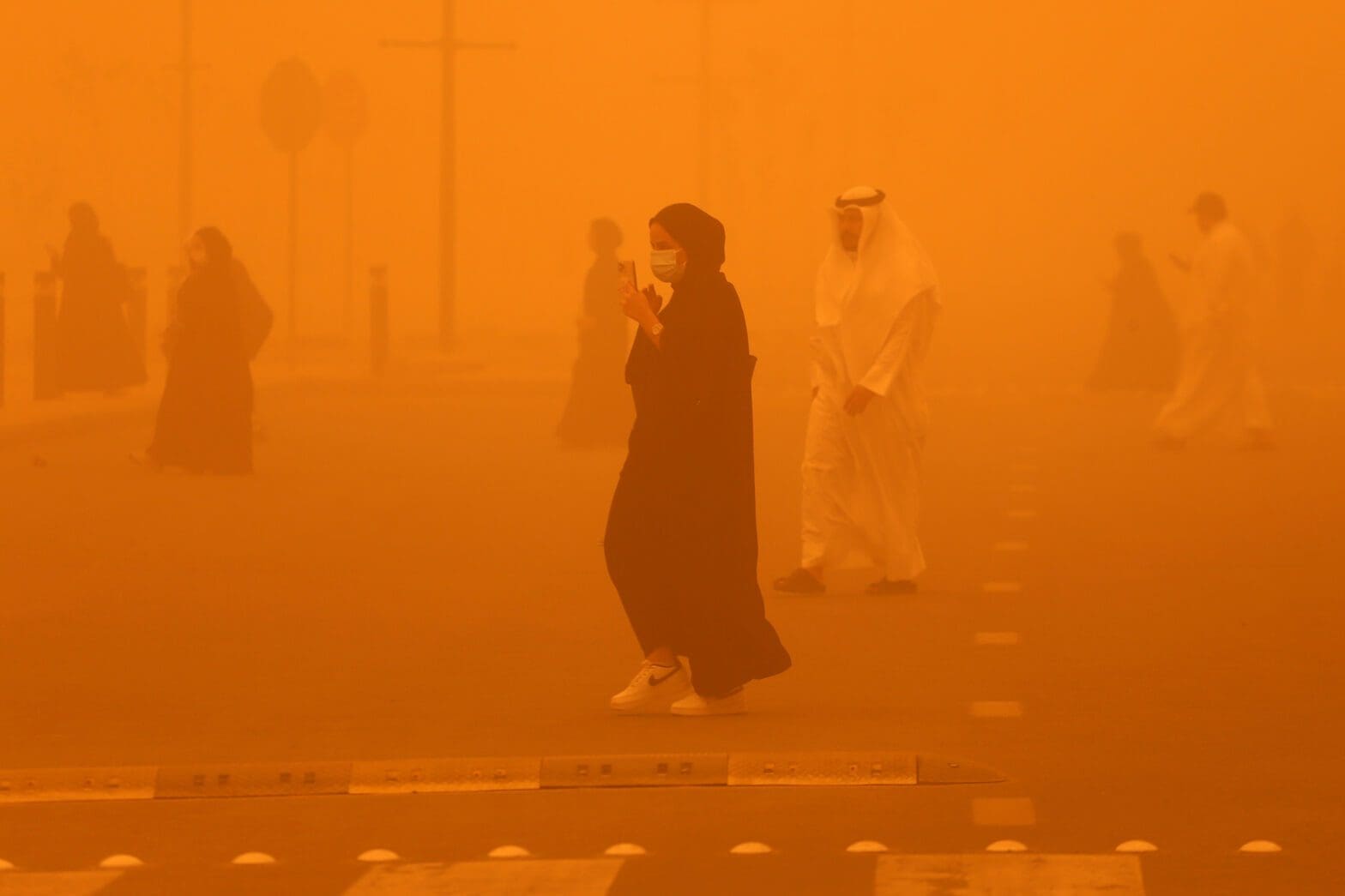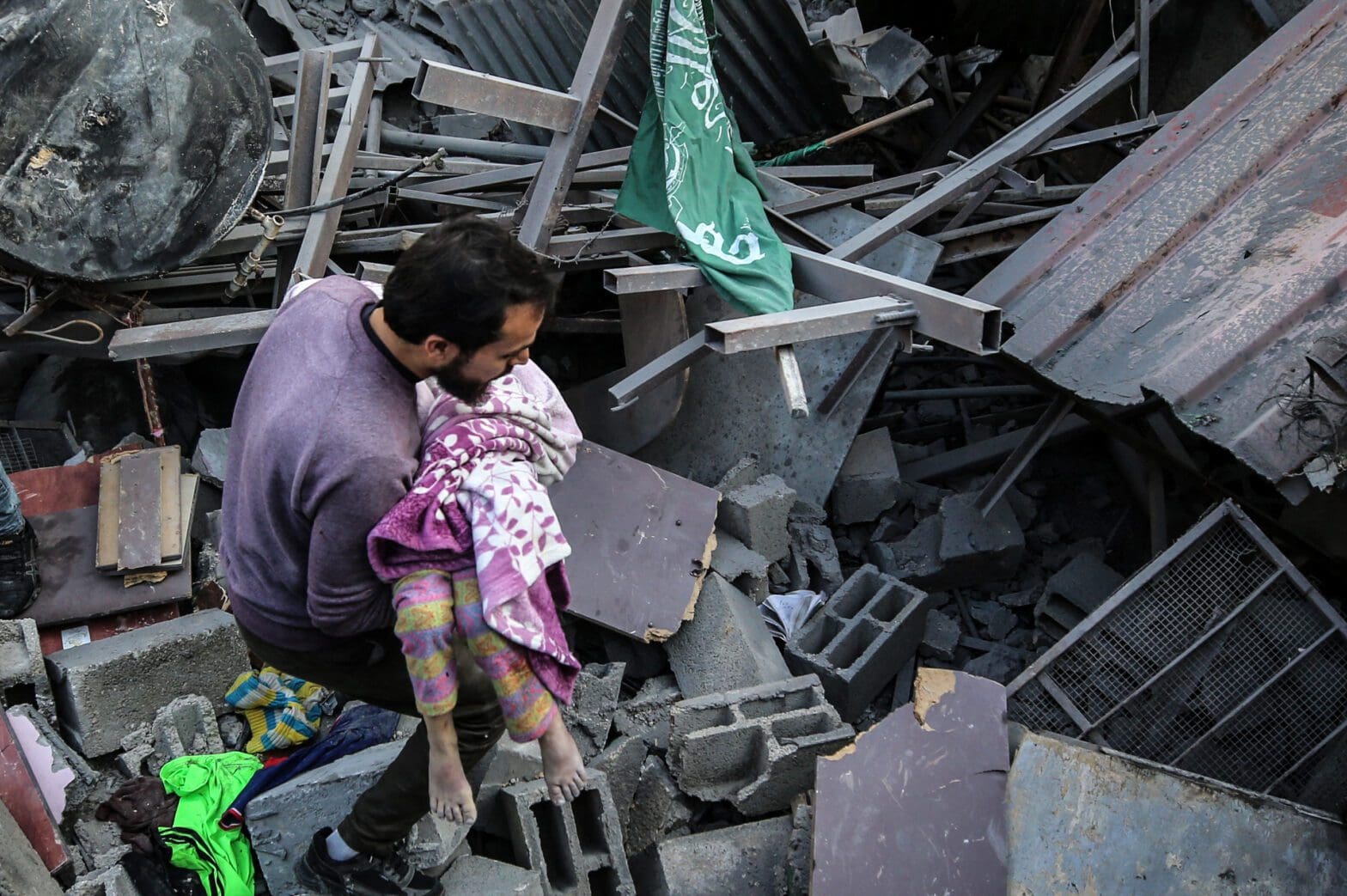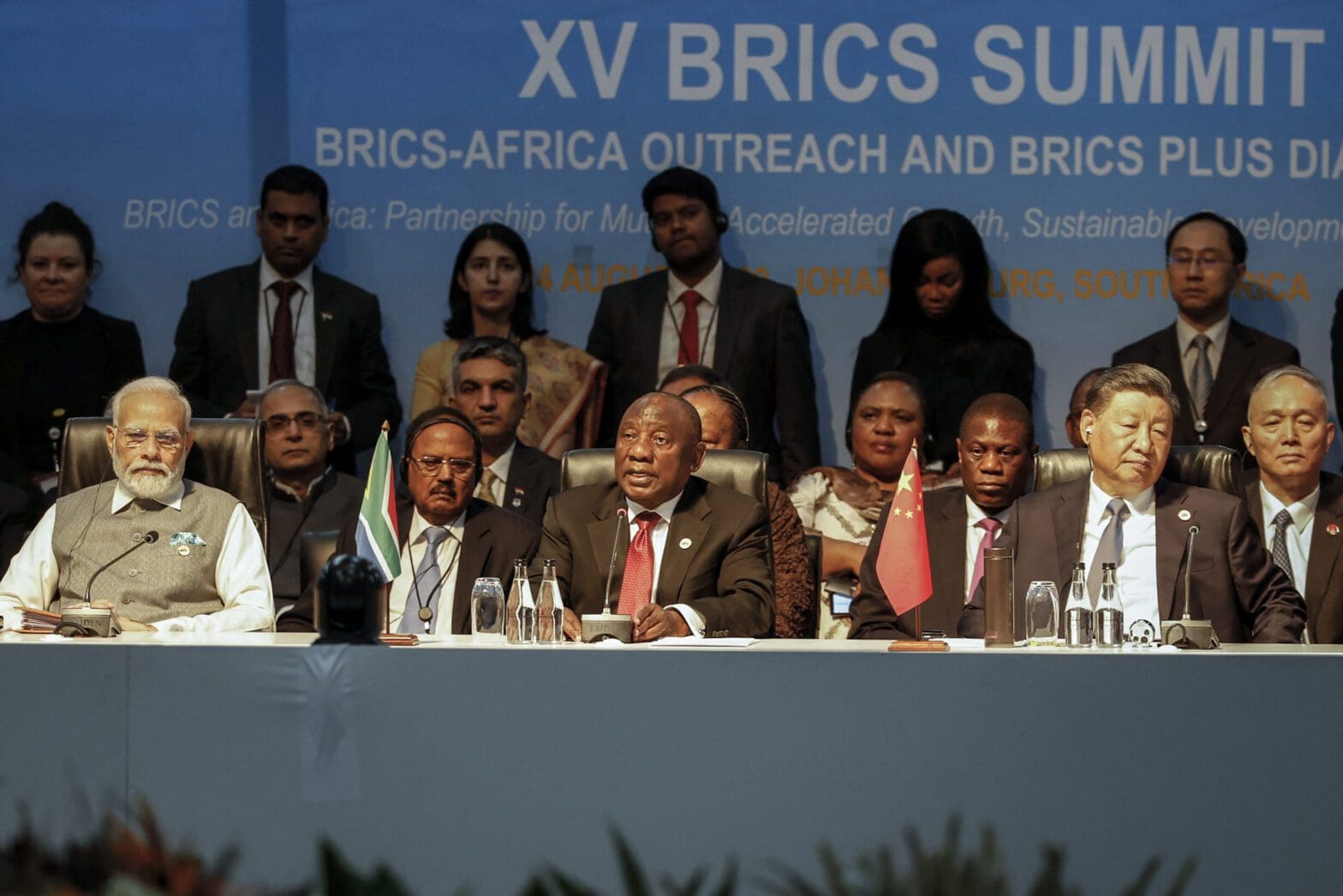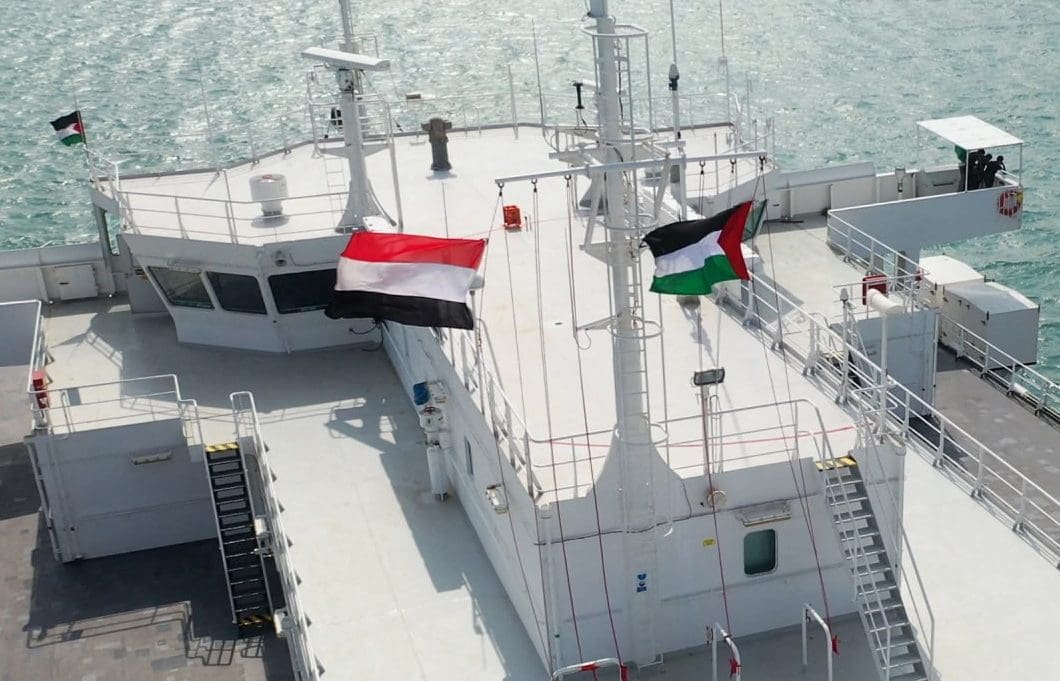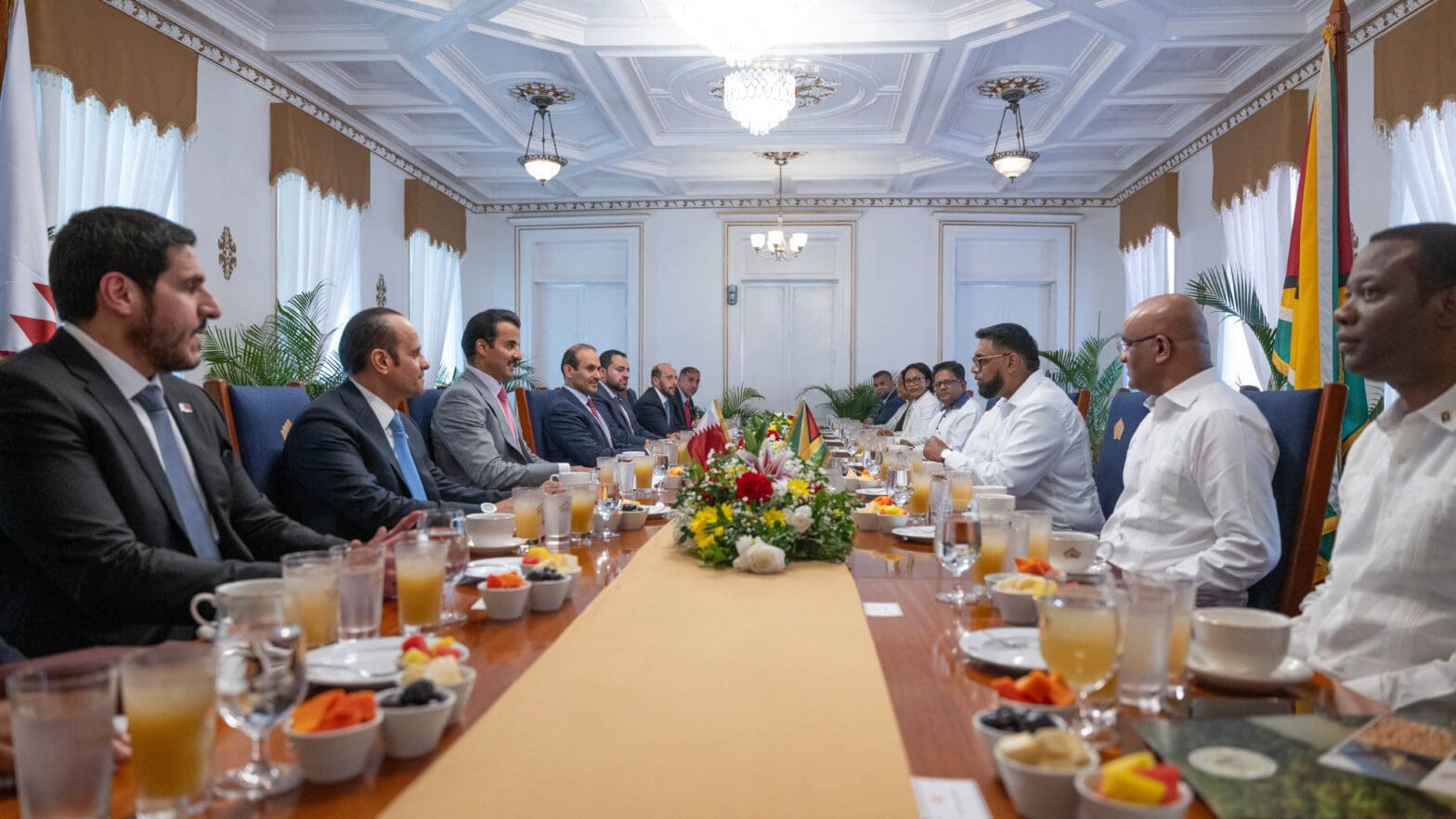On October 22nd, Russia will host the BRICS+ annual summit—its ranks swelled by new members and ambitions. As this year’s chair, Russia presides over a bloc that now represents 45.5% of the world’s population—more than four times that of the G7—with a combined GDP of $28.5tn, and 25% of global exports. BRICS+ is poised to… Continue reading The BRICS+ Summit and the Shifting Global Order
Afkar Issue: Regional Relations
Oman’s Quiet Role in Calming Regional Tensions
The Saudi-Iranian renormalization agreement of March 2023 was a watershed in modern Middle Eastern diplomacy. Yet while China received much of the credit for the reconciliation, which cooled the flames of one of the region’s most tense rivalries, the previous two years of heavy lifting had largely been the work of Iraq and the Sultanate… Continue reading Oman’s Quiet Role in Calming Regional Tensions
A Region Under Fire
Editor’s Note: There Are No Winners Here Omar H. Rahman, Fellow and Editor of Afkār, Middle East Council on Global Affairs The Israeli-Palestinian conflict did not begin on October 7, 2023. Decades of military occupation, colonial land theft and systemic deprivation had already pushed Palestinians into a state of constant struggle, laying the groundwork… Continue reading A Region Under Fire
Can Hezbollah Regroup as Israel Begins Ground Incursion?
In the aftermath of Israel’s successful assassination of Hezbollah Secretary-General Sayyed Hassan Nasrallah, and as Israel begins its ground incursion in parts of southern Lebanon, two interrelated issues emerge. First, the status of Hezbollah and its future role in Lebanon and the region come into question. While Nasrallah’s assassination dealt a significant blow to the… Continue reading Can Hezbollah Regroup as Israel Begins Ground Incursion?
Interview: A Step Back for Iran’s “Forward Defense”
In recent weeks, Israel has dramatically escalated its attacks in Lebanon, dealing a critical blow to much of Hezbollah’s top military leadership, including the late Secretary General Hassan Nasrallah. In this interview with Afkār, Hamidreza Azizi, an Iran expert and security analyst, offers his insights on Tehran’s strategic calculus at this watershed moment, including on… Continue reading Interview: A Step Back for Iran’s “Forward Defense”
Interview: Türkiye Engages the Arab League
At the most recent meeting of the League of Arab States (LAS) in Cairo, Turkish Foreign Minister Hakan Fidan was in attendance, marking the first time Türkiye has been represented at the summit in 13 years. In his address, Fidan offered pointed remarks on the war on Gaza and the need for unity among Arab… Continue reading Interview: Türkiye Engages the Arab League
Interview: Israel and Hezbollah Enter a New Stage of War. What’s Next?
On September 23, Israel began a major military offensive against Lebanon that left around 500 people dead, mainly civilians, and caused mass panic across the south of the country. This followed days of strikes against Hezbollah commanders and a surprise attack on Hezbollah personnel by triggering the explosion of thousands of low-tech communications devices like… Continue reading Interview: Israel and Hezbollah Enter a New Stage of War. What’s Next?
Assessing Qatar’s Deepening Ties to Iraqi Kurdistan
Over the past year, Qatar and the Kurdistan Region of Iraq have ramped up their relations. Under Prime Minister Masrour Barzani, the Kurdistan Regional Government (KRG) has prioritized improved diplomatic and economic ties to the Gulf. That has included expanded trade with Doha, particularly in agriculture. Erbil and the Gulf states are also improving their… Continue reading Assessing Qatar’s Deepening Ties to Iraqi Kurdistan
Can China and the U.S. Cooperate in the Middle East?
Cooperation between China and the United States in the Middle East has become a common topic of discussion between academics and experts these days. The two great powers have vested interests in the region that are jeopardized by its chronic instability and the growing threat of regional war. Cooperation between the two should be a… Continue reading Can China and the U.S. Cooperate in the Middle East?
Middle East NATO Office and Regional Security
During its seventy-fifth annual summit, in July of this year, the North Atlantic Treaty Organization (NATO) announced plans to open its first Middle East liaison office in Jordan. Amid heightened uncertainty in the Middle East and North Africa (MENA) region, NATO’s decision to open this office cements Western powers’ vested interests in the Middle East… Continue reading Middle East NATO Office and Regional Security
Gaza War Creates Dilemmas for Bahrain’s Leadership
Four years ago this month, Bahrain joined its ally the United Arab Emirates (UAE) in formalizing diplomatic relations with Israel. After signing the Abraham Accords at the White House on September 15, 2020, Bahrain and Israel opened embassies, signed numerous bilateral agreements, established business contacts and launched direct commercial travel. Yet Bahrain, like other Arab… Continue reading Gaza War Creates Dilemmas for Bahrain’s Leadership
How the Houthis Have Changed the Landscape of Regional War
For weeks, the Middle East has been on edge as Iran and Lebanon’s Hezbollah prepare to retaliate against Israel for assassinating two high-level figures in their respective capitals, Tehran and Beirut. Frantic diplomacy and renewed momentum around Gaza ceasefire negotiations initially delayed the response, which has the potential to push the region over the brink… Continue reading How the Houthis Have Changed the Landscape of Regional War
Lebanon’s Political Crisis Hinges On an End to War. What Will Come Next?
In a speech a week after Israel’s assassination of Hezbollah military commander Fuad Shukr, the Lebanese movement’s Secretary-General Hassan Nasrallah remarked that “the resistance is not interested in using any victory over Israel for domestic political purposes.” Ten months into Israel’s war of annihilation against the Gaza Strip and its campaign of killings in the… Continue reading Lebanon’s Political Crisis Hinges On an End to War. What Will Come Next?
Border Crossing Struggle Reflects Chronic Instability in Western Libya
Nearly four months after it closed due to armed clashes between rival Libyan groups, the Ras Ajdir crossing with Tunisia finally reopened on July 1. Located 170 kilometers (105 miles) west of war-torn Libya’s capital, Tripoli, the main land crossing into its western neighbor is a vital lifeline for trade—both official and illicit. But it… Continue reading Border Crossing Struggle Reflects Chronic Instability in Western Libya
Iran and Hezbollah Weigh Responses to Israel: Retaliation vs. Mediation
Despite renewed international mediation efforts to reach a ceasefire in Gaza, Hezbollah insists that it will respond forcefully to Israel’s assassination of its senior commander, Fuad Shukr, in the movement’s stronghold in southern Beirut. Since Shukr’s killing, and that of Hamas political bureau chief Ismail Haniyeh in Tehran, outside actors have stepped up efforts to… Continue reading Iran and Hezbollah Weigh Responses to Israel: Retaliation vs. Mediation
Jordan’s Dilemma: Between Israel’s Sword of Damocles and Iran’s Axis of Resistance
The ongoing Israeli war on Gaza is seen by the Jordanian government and public as an existential threat. Despite credible accusations of genocide, Israeli Prime Minister Benjamin Netanyahu is prolonging, expanding, and escalating the offensive, which has led to mounting pressure on neighboring Jordan. From the potential forced displacement of Palestinians from the West Bank… Continue reading Jordan’s Dilemma: Between Israel’s Sword of Damocles and Iran’s Axis of Resistance
Targeted Assassinations and the Threat of Regional War – Council Views
On July 31, Hamas’ politburo chief Ismail Haniyeh was assassinated in Tehran shortly after attending the inauguration of incoming President Masoud Pezeshkian. Just hours before, an Israeli drone strike killed one of the founders of Hezbollah, Fuad Shukr, in a southern suburb of Beirut. The dual assassinations occurred during an escalation in the fighting between… Continue reading Targeted Assassinations and the Threat of Regional War – Council Views
Interview: Haniyeh Assassination: What Is Next for Gaza and the Region?
On July 31, Hamas’ top political leader, Ismael Haniyeh, was killed in Tehran while attending the inauguration of incoming President Masoud Pezeshkian. The assassination came hours after Israel launched a drone strike in Beirut, killing the high-ranking Hezbollah military commander Fuad Shukr and others. The pair of assassinations come amid mounting regional tensions as Israel’s… Continue reading Interview: Haniyeh Assassination: What Is Next for Gaza and the Region?
Interview: The View from MENA on France’s Elections Results
During recent elections to the European Parliament, France’s far right National Rally (Rassemblement National) party led by Marine Le Pen won a resounding victory. In a surprise response, French President Emmanuel Macron dissolved his country’s parliament and called for immediate elections. Yet, despite a strong showing in the first round, the National Rally ultimately came… Continue reading Interview: The View from MENA on France’s Elections Results
Central Bank Digital Currencies’ Impact on MENA Economies – Council Views
Amid the growing prominence of decentralized finance, central banks are increasing their endeavors to maintain control over financial systems, including through central bank digital currencies (CBDCs). Recent strides by MENA countries indicate the region’s growing interest in CBDCs. Earlier this month, Saudi Arabia’s central bank joined a cross-border trial for CBDCs, Project mBridge, which already… Continue reading Central Bank Digital Currencies’ Impact on MENA Economies – Council Views
EU Aid for Syrian Refugees: Addressing Ongoing Needs in Türkiye and Lebanon
In late May of this year, the European Union and other international donors pledged €7.5 billion ($8 billion) in grants and loans to support millions of Syrians displaced within and beyond the country’s borders by a devastating 13-year civil war. The seemingly vast sum pledged at the Brussels conference on “Supporting the future of Syria… Continue reading EU Aid for Syrian Refugees: Addressing Ongoing Needs in Türkiye and Lebanon
The Importance of Diplomacy: How Qatari Mediation is Impacting Gaza
The ongoing Gaza war has showcased Qatar’s strengths as a mediator. Although Doha may not appear to be a major international player at first glance, it has nonetheless proven to be an invaluable actor in the United States’ attempts to end the war. Despite its small size and population, Qatar plays an outsized role… Continue reading The Importance of Diplomacy: How Qatari Mediation is Impacting Gaza
The (Surprising) Silence of Arab Universities on Palestine
Since mid-April 2024, western academic institutions, including elite American universities, have been at the forefront of protests for Palestine. Yet, their Arab counterparts have surprisingly remained silent. The disengagement is particularly noteworthy considering that Middle Eastern universities have historically been the hotbeds of protests and engagement concerning the Palestinian cause. This absence is also at… Continue reading The (Surprising) Silence of Arab Universities on Palestine
The Middle East in the Wake of October 7: Interview with Tarik M. Yousef Marking 100 Afkār Posts
We at Afkār are delighted to announce that we have reached a new milestone, our 100th post! To mark the occasion, we have recorded and transcribed a special interview with the Director of the Middle East Council on Global Affairs, Tarik M. Yousef. The in-depth interview was conducted by our editor, Omar H. Rahman, and… Continue reading The Middle East in the Wake of October 7: Interview with Tarik M. Yousef Marking 100 Afkār Posts
The Development Road Project – Council Views
Following a momentous visit to Iraq by Turkish President Recep Tayyip Erdogan, Türkiye, Iraq, Qatar, and the United Arab Emirates signed an initial agreement to collaborate on the Development Road project. The $17 billion project envisages region-wide transportation routes and infrastructure that would transform Iraq’s infrastructure into a transit hub connecting Asia and Europe over… Continue reading The Development Road Project – Council Views
What Next for the War Between Iran and Israel?
The Islamic Republic of Iran’s direct attack against Israel was the first of its kind since the country’s clerical rulers seized power in 1979. In a major show of force, Iran launched more than 300 drones and missiles from its own territory—an unprecedented break with its past approach. Israel and its allies, including the United… Continue reading What Next for the War Between Iran and Israel?
Security Sector Reform: An Exercise in Futility?
Since the onset of the post-October 7 regional escalation, the ascension of militia groups has had increasingly visible implications for global security. This has been highlighted by the Houthi attacks in the Red Sea, which have had far-reaching consequences for the global economy. However, the Houthis—an armed political movement controlling most of Yemen—represent only one… Continue reading Security Sector Reform: An Exercise in Futility?
Iran-Israel Tensions Emerge from the Shadows – Council Views
On April 13, Iran attacked Israel directly for the first time in its history, retaliating for Israel’s killing of three top Iranian commanders in Damascus on April 1. Israel has since responded with a limited strike, and the United States and its allies imposed expanded sanctions on Iran. Middle East Council scholars examine the implications… Continue reading Iran-Israel Tensions Emerge from the Shadows – Council Views
Can BRICS Really Drop the Dollar?
The new year saw four of the largest economies in the Middle East and North Africa join the BRICS economic union. The accession by Egypt, Iran, Saudi Arabia, and the United Arab Emirates represents a strategic step away from the United States and Europe. For the new BRICS members, it could open new opportunities for… Continue reading Can BRICS Really Drop the Dollar?
Washington’s Dilemma over Hamas in Qatar
“Tell Hamas that they must deliver on a hostage and ceasefire deal that would halt the war in Gaza or risk getting kicked out of the Qatari capital of Doha.” That was U.S. Secretary of State Antony Blinken’s message to Qatar in early March, according to a report by CNN five months into Israel’s war… Continue reading Washington’s Dilemma over Hamas in Qatar
Interview: Erdogan’s Last Elections?
1. In 2019, the leading opposition party, the Republican People’s Party (CHP), won mayoral elections in Türkiye’s three biggest cities—Istanbul, Ankara, and Izmir—marking the height of opposition unity under the Nation Alliance (Millet İttifakı). This time, despite the Nation Alliance’s dissolution, the opposition won even more cities in a landslide victory for the CHP not… Continue reading Interview: Erdogan’s Last Elections?
Interview: Russia in the Middle East
1. Over two years into Russia’s full-scale invasion of Ukraine, Russians have just gone to the polls and Ukraine appears set to postpone an election slated for the end of March. In Russia, Putin reportedly spent more than $1 billion on a public relations campaign in the lead-up to the election. What is the significance… Continue reading Interview: Russia in the Middle East
Erdogan Treads Delicate Line Between Words and Deeds on Gaza
The war between Israel and Hamas has placed Turkish President Recep Tayyip Erdogan in a tough position. While he has responded with fiery rhetoric against Israel’s leadership and its bombardment of the Gaza Strip, in practice his actions have been constrained by various factors, particularly Türkiye’s dire economic situation. While Erdogan’s forceful criticism of Israeli… Continue reading Erdogan Treads Delicate Line Between Words and Deeds on Gaza
Iran and Türkiye Seek to Avoid Regional War for Different Reasons
On January 24, the presidents of Iran and Türkiye met in Ankara amid a rapidly deteriorating security situation in the Middle East. While the meeting, which had been postponed twice, covered a broad range of bilateral topics, the war on Gaza and related clashes across the region provided an inescapable backdrop. Although the two sides… Continue reading Iran and Türkiye Seek to Avoid Regional War for Different Reasons
Saudi-Iranian Reconciliation and How Can it be Strengthened
March 10 marks a year since Saudi Arabia and Iran announced they were mending ties and resuming diplomatic relations, a landmark deal between the regional foes after mediation by China. Since their joint statement in Beijing, the two have forged solid connections, interacting regularly at the ministerial level. However, both sides need to invest more… Continue reading Saudi-Iranian Reconciliation and How Can it be Strengthened
Winning the Peace in the Middle East’s Fragile State
The military escalation since the start of the war in Gaza on October 7 highlights the vulnerability of the Middle East and North Africa (MENA) to a relapse of conflict, potentially in a conflagration that could engulf the region at large. Over years of devastating intra-state conflicts and proxy wars in Iraq, Syria, Libya, and… Continue reading Winning the Peace in the Middle East’s Fragile State
Regional Diplomacy Amid the War in Gaza
Over the past four months, Middle Eastern nations have been dismayed by the near-unconditional support from Western governments to Israel as it has bombarded and besieged the Gaza Strip and is now ramping up an assault on Rafah—a sliver of territory where more than a million displaced civilians have gathered. As a result, some have… Continue reading Regional Diplomacy Amid the War in Gaza
Bridging the Gap: A Call for Inclusive Health Solutions from Doha
In a world where health disparities dictate life outcomes, the need for inclusive and equitable health solutions is more pressing than ever. The first convening of the Doha Global South Health Policy Initiative held this week in Doha as a partnership between the Middle East Council on Global Affairs and the Bill & Melinda Gates… Continue reading Bridging the Gap: A Call for Inclusive Health Solutions from Doha
Conflict in the Red Sea Makes Economic Waves
When the Yemen-based Houthi movement began attacking commercial shipping in the Red Sea in response to Israel’s war in Gaza, the impact on global trade was almost immediate. The international counter-response led by the United States, however, has only increased the likelihood of intensifying conflict and economic damage. As tensions build, the confrontation in the… Continue reading Conflict in the Red Sea Makes Economic Waves
Is a Regional War Inescapable?
Since October, the Middle East has edged ever closer to a regional war unlike any it has experienced before. While there has been plenty of armed hostility over the past 75 years, including between multiple state and non-state actors, the ambit of conflict this time around is so sweeping that it risks engulfing the entire… Continue reading Is a Regional War Inescapable?
Condemning Qatar is Counterproductive
This article was originally published in The National Interest on February 6, 2024. The Gulf state of Qatar is again capturing headlines for its role in mediating between Israel and Hamas. While a fresh deal for the release of hostages being held in Gaza is yet to be concluded, these efforts have produced the only… Continue reading Condemning Qatar is Counterproductive
Iran’s Strategy in the War on Gaza
The recent drone strike on American soldiers stationed near the Jordan-Syria border, and Washington’s retaliatory strikes in Iraq and Syria, underscore the dangerous potential for a major escalation between the United States and Iran that could engulf the wider region. Washington and Tehran have engaged in a tit-for-tat conflict for several months now, which has… Continue reading Iran’s Strategy in the War on Gaza
US in the Red Sea: Security Concerns or Power Play?
The waters of the Red Sea are heating up. In recent weeks, the United States has intensified efforts to clamp down on actions taken by the Houthis, a Yemen-based movement otherwise known as Ansar Allah, to disrupt maritime shipping believed to be connected to Israel as a retaliation for its near-total destruction of the Gaza… Continue reading US in the Red Sea: Security Concerns or Power Play?
Can the expanded BRICS pave a new path in global development?
At the start of this year, the so-called BRICS group of economies, namely Brazil, Russia, India, China, and South Africa, expanded its membership to five new countries, four of which are from the Middle East and North Africa region. As a global and heterodox bloc comprised of what were once termed “developing nations,” the expanded… Continue reading Can the expanded BRICS pave a new path in global development?
GCC can emerge as ‘Middle Powers’ in second Cold War
We are living in a second Cold War. A multipolar world is evolving as governments adopt policies that are leading to increased economic and financial fragmentation. Trade, foreign direct investment, and financial flows are increasingly encumbered by regulatory and legal restrictions. The number of global trade restrictions introduced each year has nearly tripled since… Continue reading GCC can emerge as ‘Middle Powers’ in second Cold War
Necessity Will Drive Gulf States to Cooperate on Climate Change
The impacts of climate change are becoming starkly visible in the Gulf. Already one of the driest, hottest parts of the world, the region is heating up at a rate twice as fast as the global average. Accordingly, Gulf governments are beginning to realize that ad hoc or unilateral strategies are not sufficient to tackle… Continue reading Necessity Will Drive Gulf States to Cooperate on Climate Change
Gaza and Its Impact Three Months On – Council Views
Israel’s military campaign in Gaza is entering its fourth month with no end in sight and with the most devastating consequences imaginable for the 2.2 million Palestinian civilians living there, for which Israel is now facing charges of genocide at the International Court of Justice. The effects of this are also being felt well beyond… Continue reading Gaza and Its Impact Three Months On – Council Views
Algeria at the BRICS’ Doorstep: A Journey of Aspirations and Opportunities
At the 15th BRICS Summit in South Africa, Algeria’s candidacy was not retained to join the 5-member grouping; six out of 23 candidates were chosen: Argentina, Egypt, Ethiopia, Iran, Saudi Arabia, and the UAE. While politically, Algeria is the ideal candidate, its economic standing might not have been attractive enough, at least not yet. The… Continue reading Algeria at the BRICS’ Doorstep: A Journey of Aspirations and Opportunities
Houthis Involvement in Gaza War: A Tactical Move?
Yemen’s Houthi rebels have emerged as an unlikely player in the unfolding war in the Gaza Strip. On November 19, Houthi fighters hijacked a cargo ship in the Red Sea and took its crew hostage, citing the vessel’s association with Israeli business interests. On December 3rd, they attacked two Israeli commercial ships. The group, officially… Continue reading Houthis Involvement in Gaza War: A Tactical Move?
Qatar’s Next Diplomatic Step in Latin America?
Qatar has garnered significant global attention for its role in negotiating the release of hostages held by Hamas after its attack on Israel on October 7. The Gulf state’s recent mediation efforts have also extended beyond the borders of its own region, particularly in Latin America where its economic and diplomatic channels are widening. On… Continue reading Qatar’s Next Diplomatic Step in Latin America?

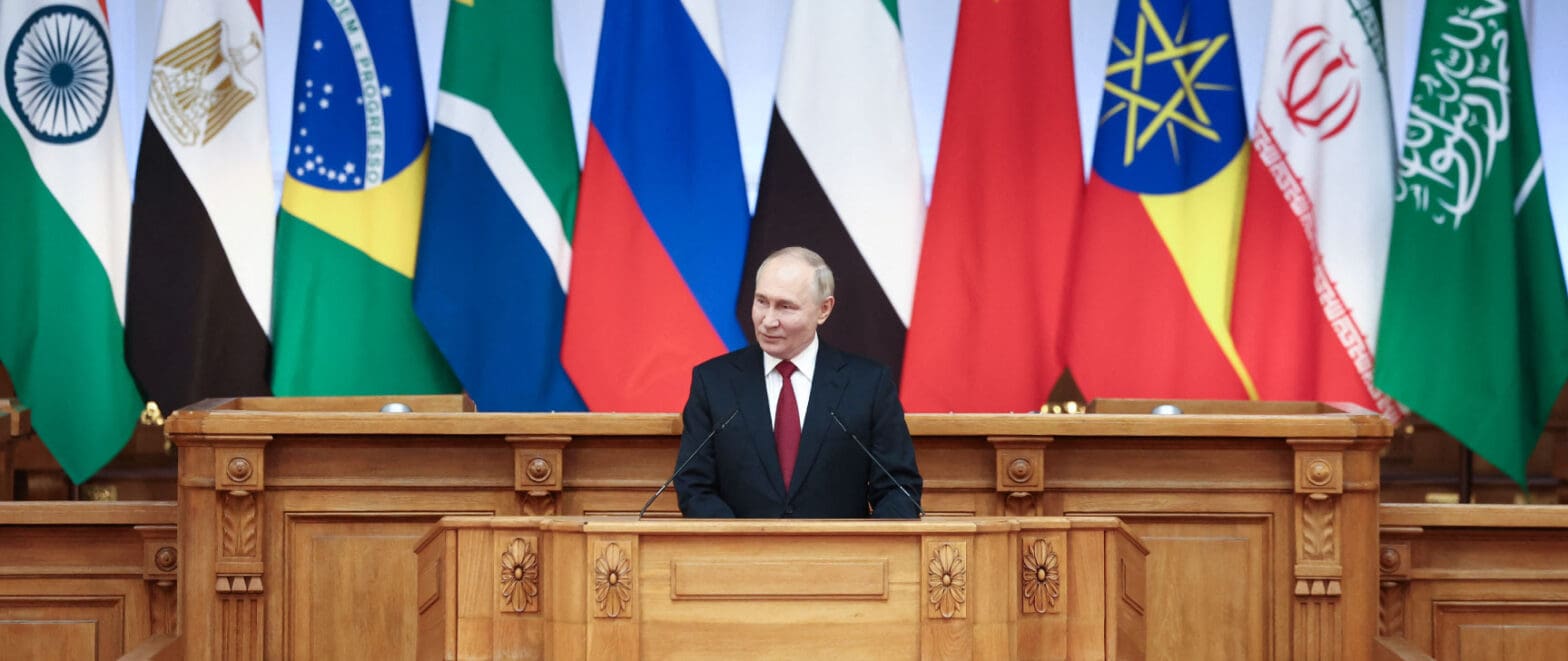
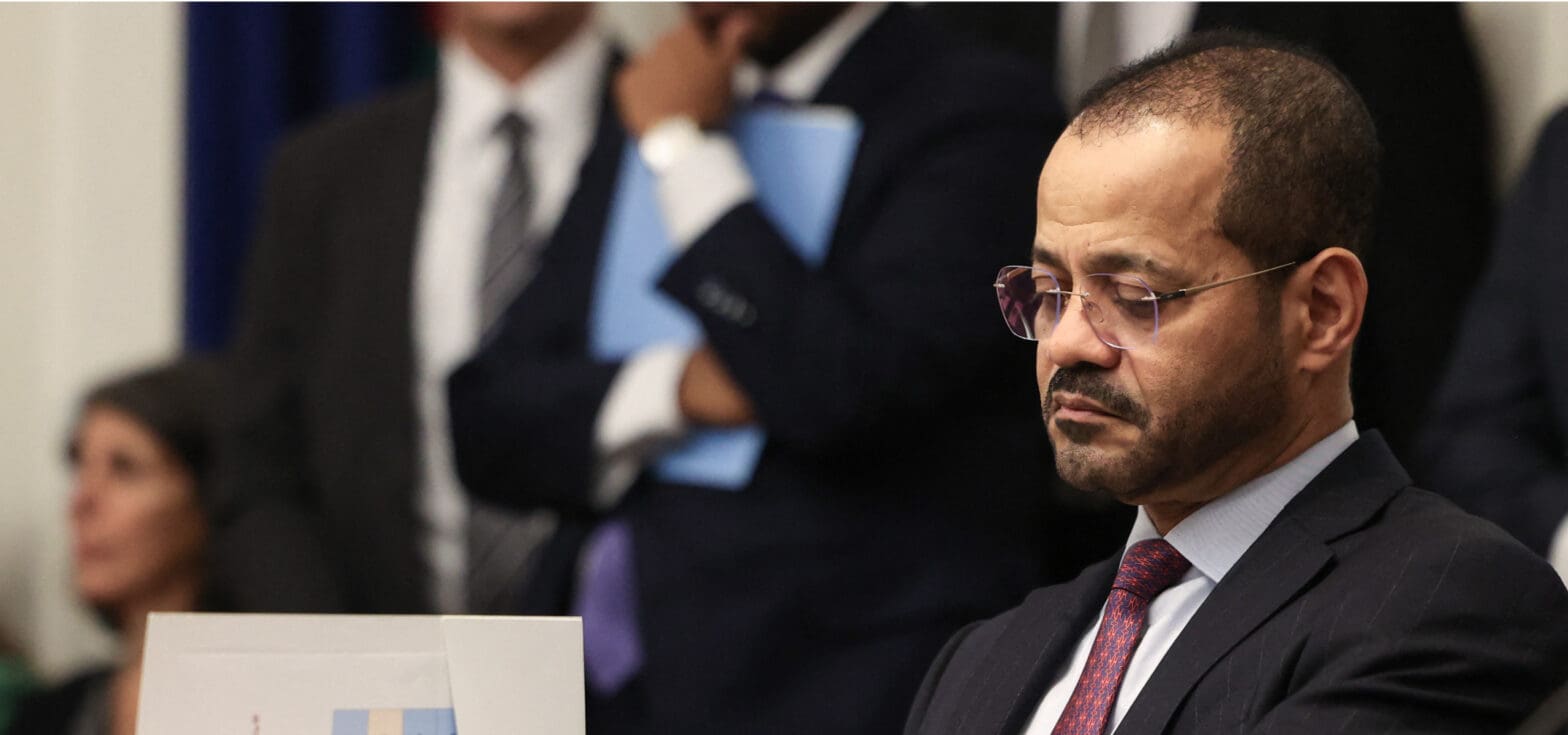
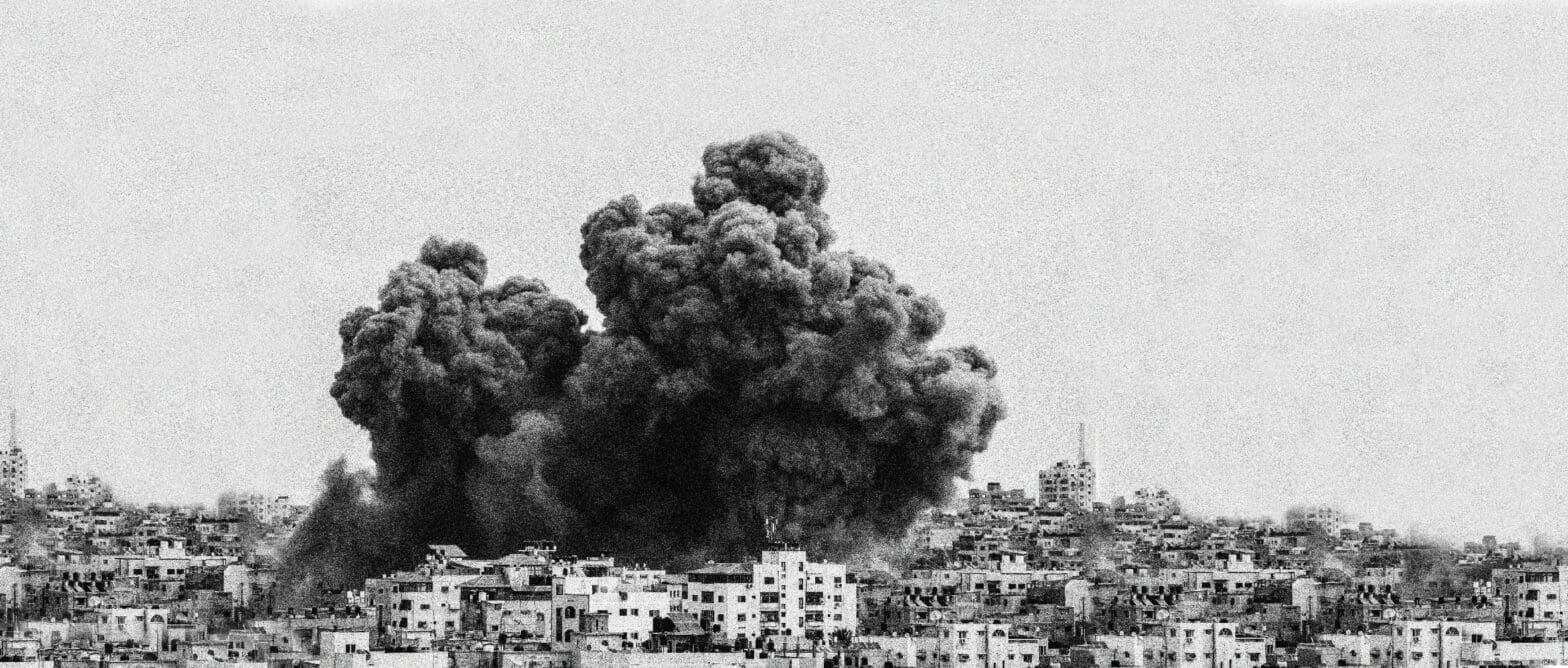
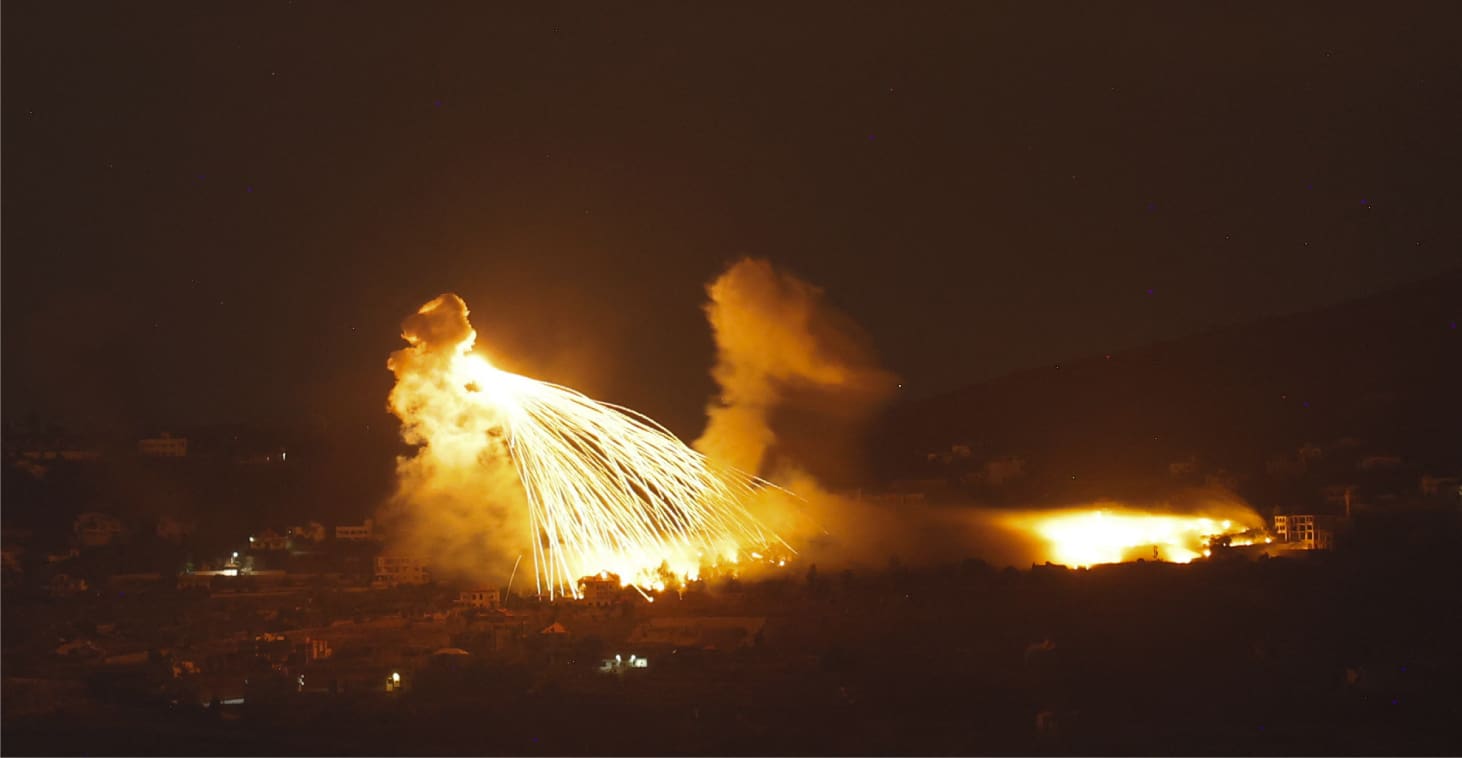
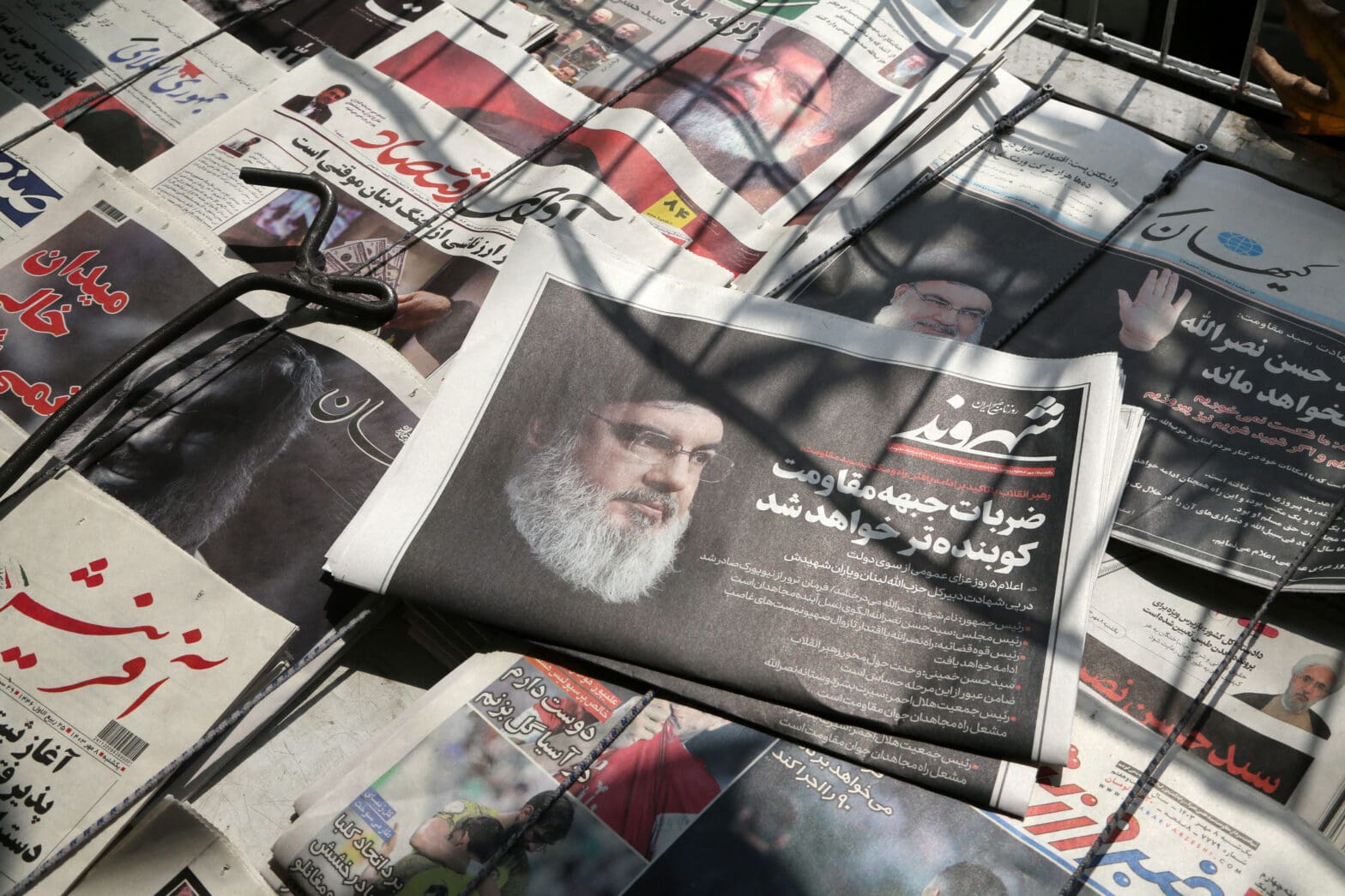
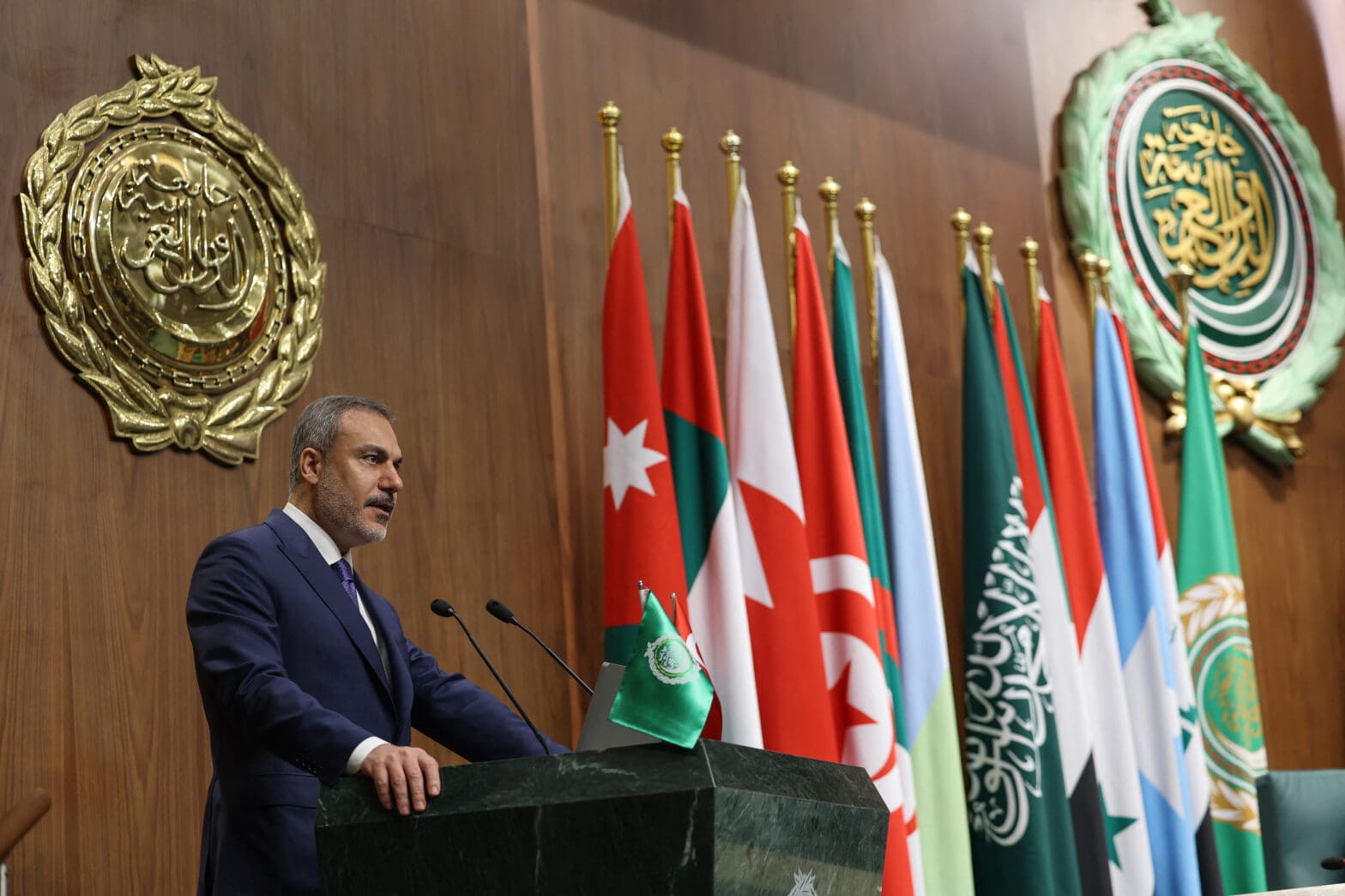
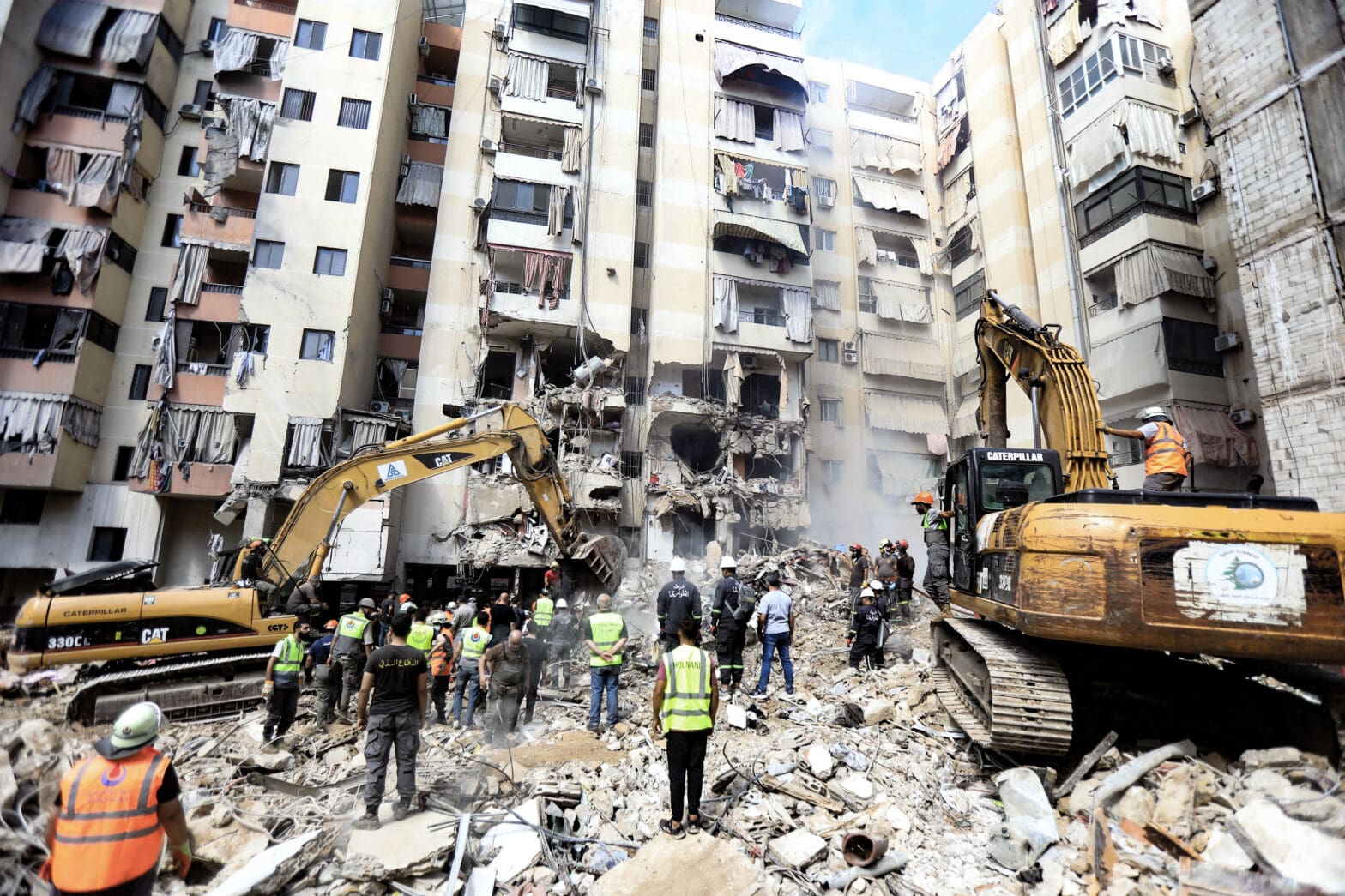
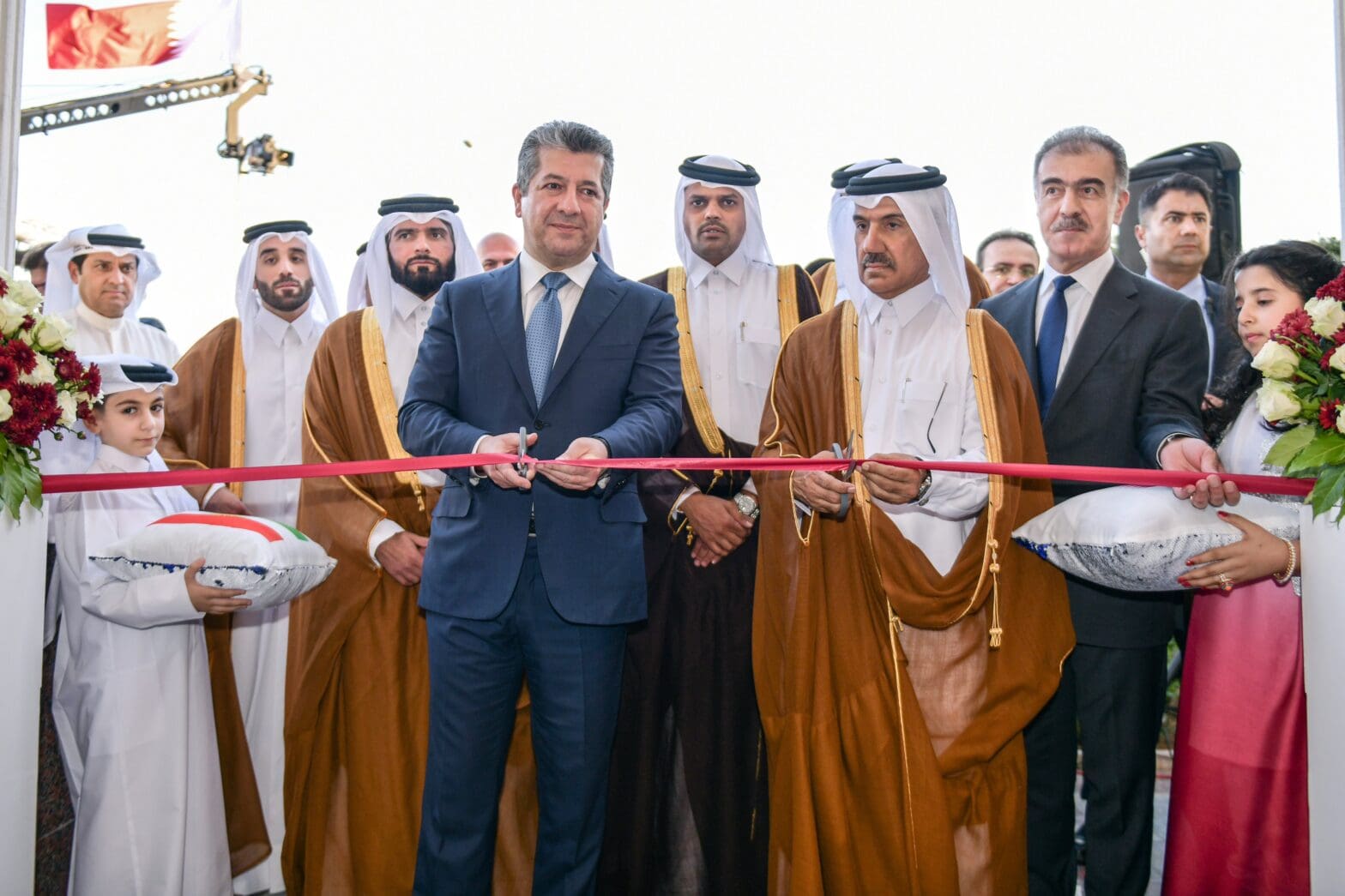
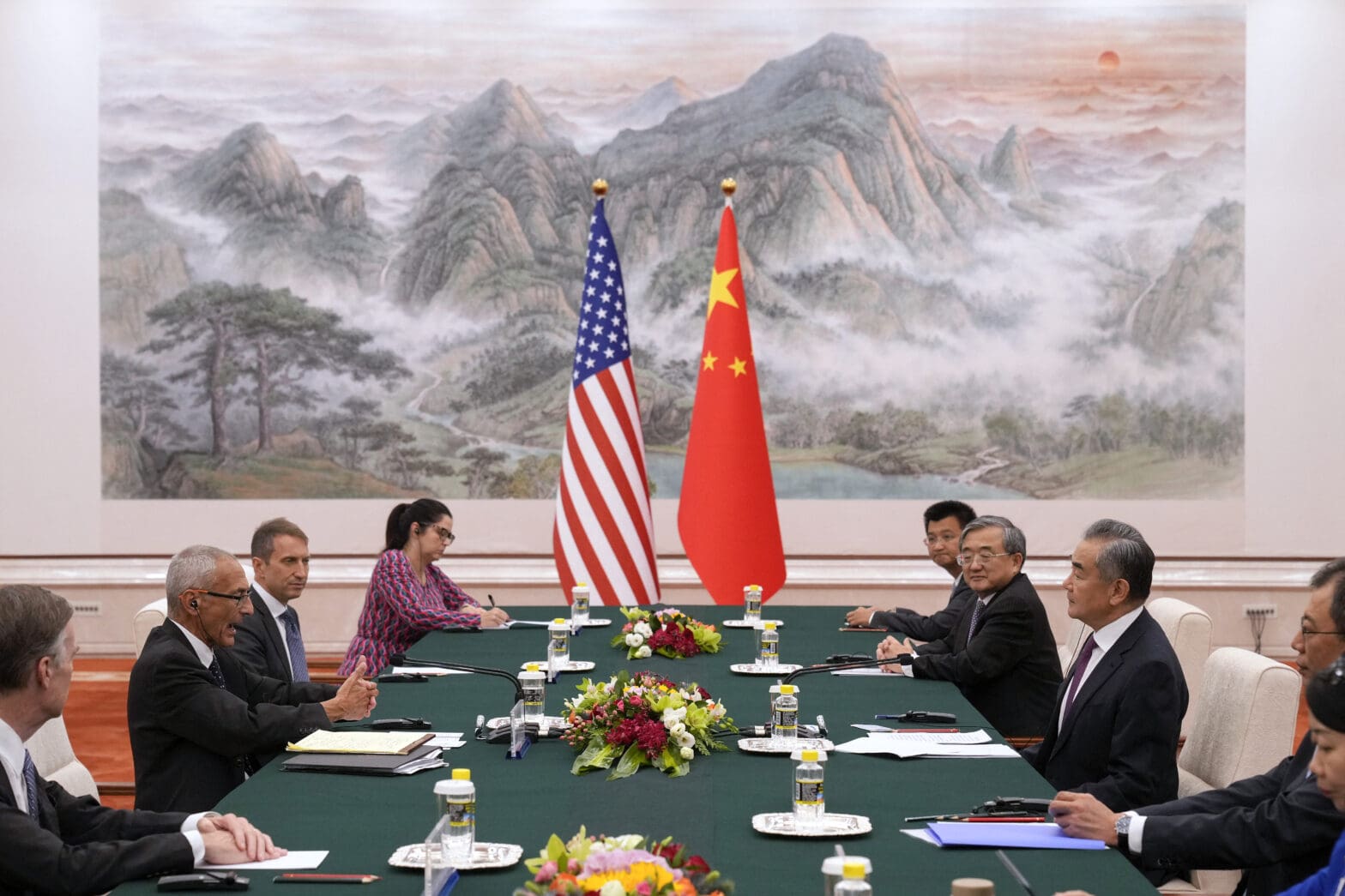
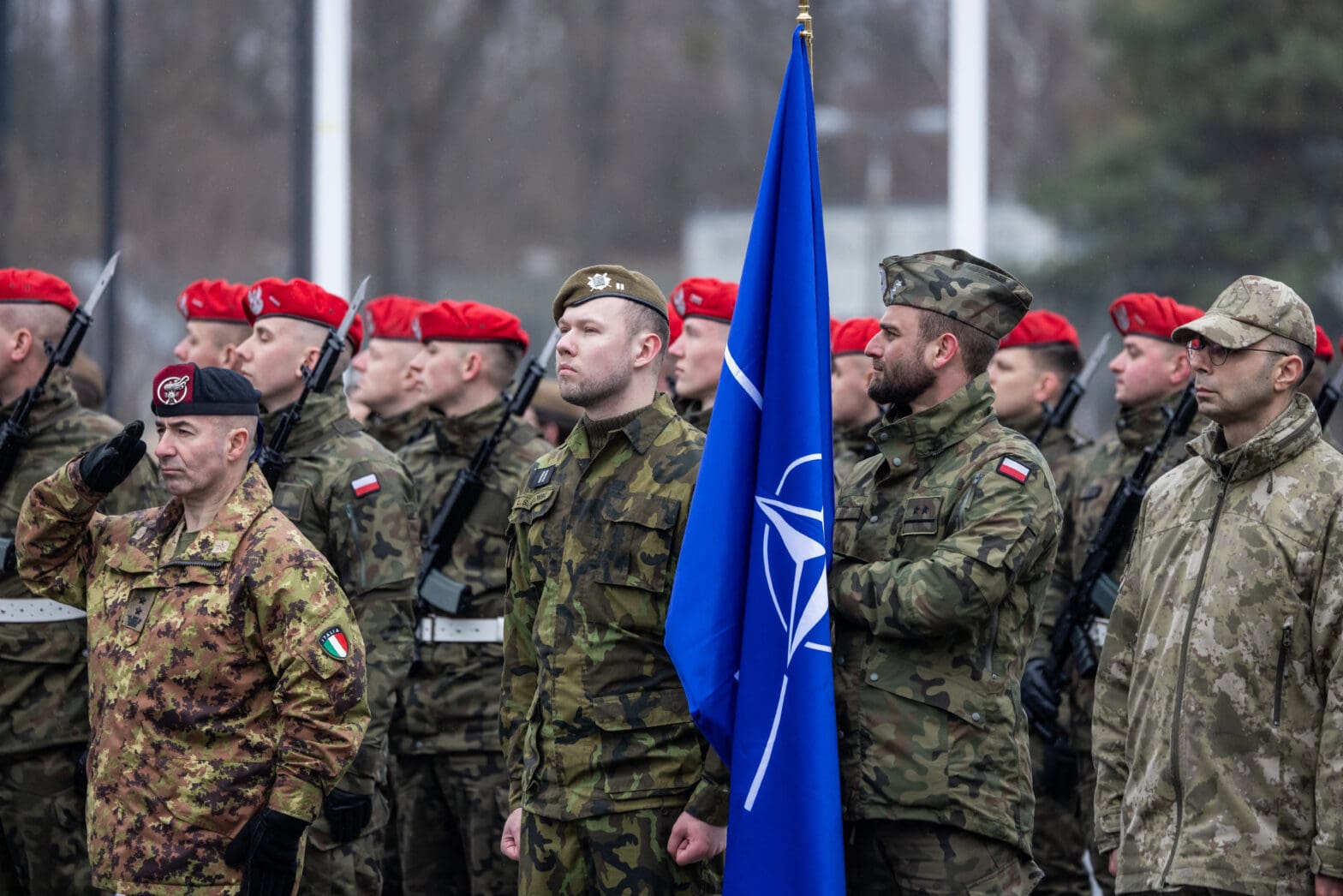
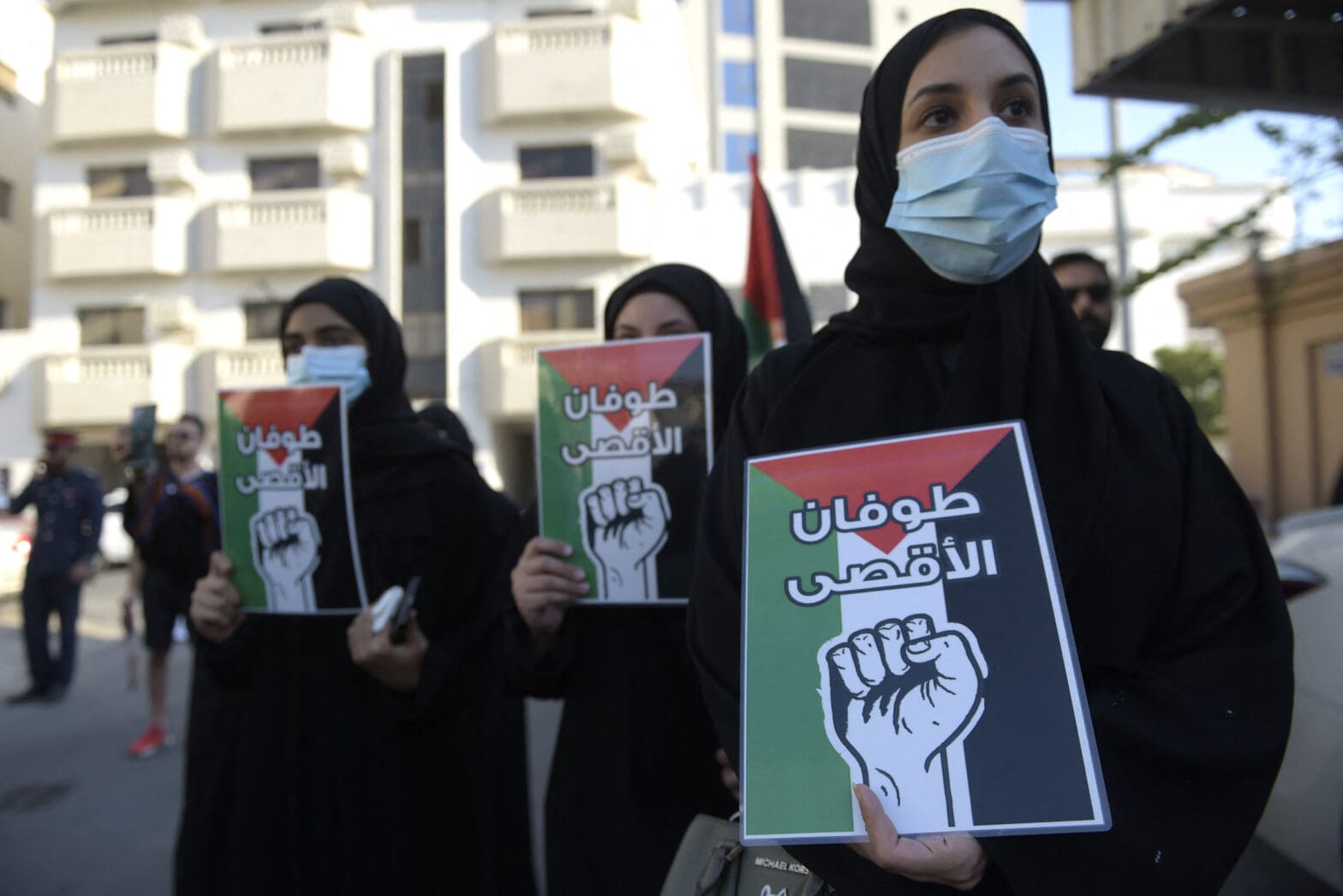
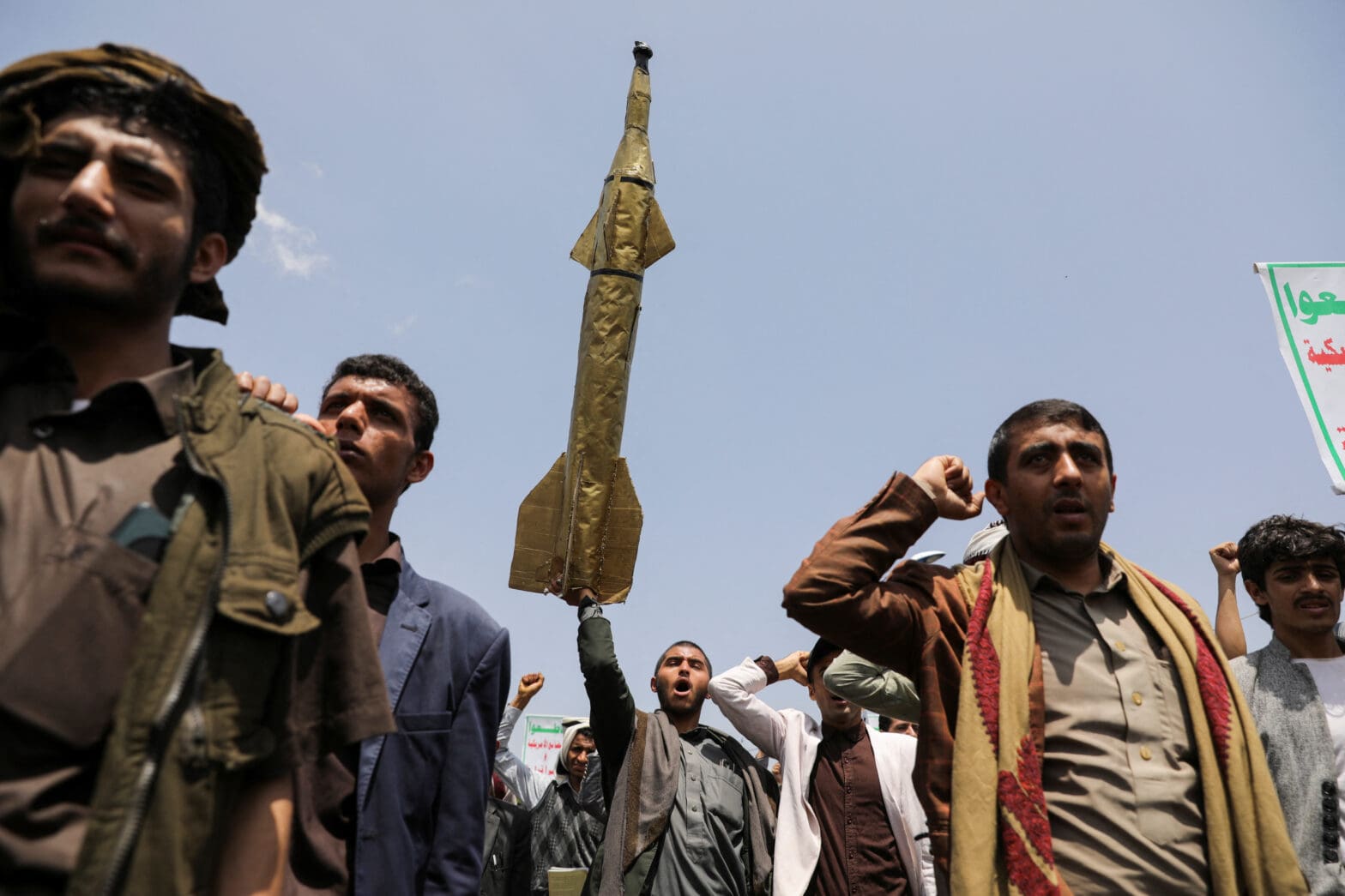
![Smoke billows during Israeli bombardment on the village of Khiam in south Lebanon near the border with Israel on June 19, 2024 amid ongoing cross-border tensions as fighting continues between Israel and Hamas in the Gaza Strip. (Photo by RABIH DAHER / AFP) / The erroneous mention[s] appearing in the metadata of this photo by RABIH DAHER has been modified in AFP systems in the following manner: [June 19] instead of [June 8]. Please immediately remove the erroneous mention[s] from all your online services and delete it (them) from your servers. If you have been authorized by AFP to distribute it (them) to third parties, please ensure that the same actions are carried out by them. Failure to promptly comply with these instructions will entail liability on your part for any continued or post notification usage. Therefore we thank you very much for all your attention and prompt action. We are sorry for the inconvenience this notification may cause and remain at your disposal for any further information you may require.](https://mecouncil.org/wp-content/uploads/2024/08/AFP__20240619__34XG8W8__v9__HighRes__CorrectionTopshotLebanonIsraelPalestinianConfli-1568x1045.jpg)
